#comics
Thought I would look back at 1954& #39;s Seduction of the Innocent, and Juvenile Delinquency.
Its hard to pick a beginning, but how about 1839& #39;s Oliver Twist, by Charles Dickens. We glamorize the Artful Dodger now, but he is caught and transported to a penal colony.
Thought I would look back at 1954& #39;s Seduction of the Innocent, and Juvenile Delinquency.
Its hard to pick a beginning, but how about 1839& #39;s Oliver Twist, by Charles Dickens. We glamorize the Artful Dodger now, but he is caught and transported to a penal colony.
#comics and juvenile delinquency
Notice that the 1839 juvenile Artful Dodger is sentenced as an adult, and herded off to Australia. Around this time, reformers push that juveniles are not little adults. They need to be saved with moral education and standards.
Notice that the 1839 juvenile Artful Dodger is sentenced as an adult, and herded off to Australia. Around this time, reformers push that juveniles are not little adults. They need to be saved with moral education and standards.
#comics and juvenile delinquincy
In the US, states began building free elementary schools and passing compulsory attendance laws. Recall the shorts where the 1930s Little Rascals were evading various truant officers while out on their adventures.
In the US, states began building free elementary schools and passing compulsory attendance laws. Recall the shorts where the 1930s Little Rascals were evading various truant officers while out on their adventures.
#comics #juveniledelinquency
Professor Harold Hill preaching about Trouble in River City where the trouble is how to keep the young ones moral after school. Professor Hill even cites the magazine, Captain Billy& #39;s Whiz Bang, a few years before it existed in the setting.
Professor Harold Hill preaching about Trouble in River City where the trouble is how to keep the young ones moral after school. Professor Hill even cites the magazine, Captain Billy& #39;s Whiz Bang, a few years before it existed in the setting.
#comics #juveniledelinquency
Meredith Wilson began writing the Music Man in 1948, and opened on Broadway in late 1957 - encapsulating the time frame around Seduction of the Innocent and the Senate Subcommittee. The link of Whiz Bang to immorality is not by chance.
Meredith Wilson began writing the Music Man in 1948, and opened on Broadway in late 1957 - encapsulating the time frame around Seduction of the Innocent and the Senate Subcommittee. The link of Whiz Bang to immorality is not by chance.
#comics #juveniledelinquency
During World War 2 in America, many children helped out, learned to handle adult responsibilities, got jobs, and had money in their pockets, while also lacking supervision.
These kids and teens would be changed by the war years.
During World War 2 in America, many children helped out, learned to handle adult responsibilities, got jobs, and had money in their pockets, while also lacking supervision.
These kids and teens would be changed by the war years.
#comics #juveniledelinquency
Post-War America was a nation that wanted order and security.
Many forms of media such as cinema, radio and television were already regulated to uphold moral standards. Comics were not.
Post-War America was a nation that wanted order and security.
Many forms of media such as cinema, radio and television were already regulated to uphold moral standards. Comics were not.
#comics #juveniledelinquency
"Gardening consists largely in protecting plants from blight and weeds, and the same is true of attending the growth of children" began Wertham in Seduction of the Innocent."
Notice the focus on the garden - the whole - culture as a whole.
"Gardening consists largely in protecting plants from blight and weeds, and the same is true of attending the growth of children" began Wertham in Seduction of the Innocent."
Notice the focus on the garden - the whole - culture as a whole.
#comics #juveniledelinquency
Wertham writes "If a plant fails to grow properly, only a poor gardener would look for the cause in that plant. The good gardener will think in terms of a general precaution and spray the whole field. But with children, we act like a bad gardener"
Wertham writes "If a plant fails to grow properly, only a poor gardener would look for the cause in that plant. The good gardener will think in terms of a general precaution and spray the whole field. But with children, we act like a bad gardener"
#comics #juveniledelinquency
Wertham& #39;s premise: Can we help the plant without attending to the garden?
That to understand a delinquent child, one has to understand the social soil from which the child developed and became troubled, and then adjust the soil.
Wertham& #39;s premise: Can we help the plant without attending to the garden?
That to understand a delinquent child, one has to understand the social soil from which the child developed and became troubled, and then adjust the soil.
#comics #juveniledelinquency
Wertham& #39;s Theory: "I have come to the conclusion that this chronic stimulation, temptation, and seduction by comic books, both their content and their alluring advertisements, are contributing factors to many children& #39;s maladjustment."
Wertham& #39;s Theory: "I have come to the conclusion that this chronic stimulation, temptation, and seduction by comic books, both their content and their alluring advertisements, are contributing factors to many children& #39;s maladjustment."
#comics #juveniledelinquency
The author of The Ten Cent Plague estimates 80-100 million comics were bought in the US every month in 1948. (US population 150 million)
Wertham writes that very few of his colleagues knew anything about comics
Can both opinions be true?
The author of The Ten Cent Plague estimates 80-100 million comics were bought in the US every month in 1948. (US population 150 million)
Wertham writes that very few of his colleagues knew anything about comics
Can both opinions be true?
#comics #delinquency
Wertham looks at how crime stories would say they were about crime does not pay, but that 99 out of 100 panels were about the adventures of the criminal.
The ads too were an issue. We used to have cigarette ads, but not anymore - same philosophy.
Wertham looks at how crime stories would say they were about crime does not pay, but that 99 out of 100 panels were about the adventures of the criminal.
The ads too were an issue. We used to have cigarette ads, but not anymore - same philosophy.
#comics #delinquency
Before the 1954 CCA was the 1948 ACMP- Association of Comics Magazine Publishers.
Wertham looked at books there ACMP approved, and saw little difference. Many publishers did not participate, such as Dell or EC.
Within a few years, it was gone.
Before the 1954 CCA was the 1948 ACMP- Association of Comics Magazine Publishers.
Wertham looked at books there ACMP approved, and saw little difference. Many publishers did not participate, such as Dell or EC.
Within a few years, it was gone.
#comics #delinquency
Fredric Wertham also warned about #racism in comics.
"While the white people in jungle books are blonde and athletic and shapely, the idea conveyed about the natives is that they are fleeting transitions between apes and humans."
Fredric Wertham also warned about #racism in comics.
"While the white people in jungle books are blonde and athletic and shapely, the idea conveyed about the natives is that they are fleeting transitions between apes and humans."
#comics #delinquency
Wertham also complained about comic book physics being utterly unrealistic - "Not even Superman should be able to stop an airplane in mid-air while flying himself"
Fans have actually asked these same questions too! (Tactile Psychokinesis!)
Wertham also complained about comic book physics being utterly unrealistic - "Not even Superman should be able to stop an airplane in mid-air while flying himself"
Fans have actually asked these same questions too! (Tactile Psychokinesis!)
#comics #delinquency
Wertham was not a fan of Wonder Woman - "Superwoman (Wonder Woman) is always a horror type. She is physically very powerful, tortures men, has her own female following, is the cruel & #39;phallic& #39; woman - frightening for boys, undesirable ideal for girls"
Wertham was not a fan of Wonder Woman - "Superwoman (Wonder Woman) is always a horror type. She is physically very powerful, tortures men, has her own female following, is the cruel & #39;phallic& #39; woman - frightening for boys, undesirable ideal for girls"
#comics #delinquency
Wertham misrepresents violence in a funny animal comic. "The duck yells & #39;No! I kill the parents. I am a hard guy and my heart is made of stone!" with a rabbit begging for mercy and the duck poised to kill him with a bat
Here& #39;s the 2 page Super Duck tale
Wertham misrepresents violence in a funny animal comic. "The duck yells & #39;No! I kill the parents. I am a hard guy and my heart is made of stone!" with a rabbit begging for mercy and the duck poised to kill him with a bat
Here& #39;s the 2 page Super Duck tale
#comics #delinquency
Wertham was not a fan of Classics Illustrated! Saying they emasculate the work, badly printed, badly drawn...quoting a reviewer who said that Brutus of Julius Caesar looks like Superman (and is followed by a Tippy the Terrier story - that& #39;s Caesar Salad!)
Wertham was not a fan of Classics Illustrated! Saying they emasculate the work, badly printed, badly drawn...quoting a reviewer who said that Brutus of Julius Caesar looks like Superman (and is followed by a Tippy the Terrier story - that& #39;s Caesar Salad!)
#comics #delinquency
Wertham was always playing catch-up. Point to Superheroes, and the industry moves to Crime. Point to Crime, and it moves to Romance. Wertham sawy romance comics, that & #39;gave a false impression of love and life& #39;, as sugar coated poison.
Wertham was always playing catch-up. Point to Superheroes, and the industry moves to Crime. Point to Crime, and it moves to Romance. Wertham sawy romance comics, that & #39;gave a false impression of love and life& #39;, as sugar coated poison.
#comics #delinquency
Seduction of the Innocent also educated it readers on the term & #39;Headlights& #39; - accentuated and protruding breasts - to stimulate adolescent boys. Wertham really disliked True Confession comics - spiced with crime and bad behavior
Seduction of the Innocent also educated it readers on the term & #39;Headlights& #39; - accentuated and protruding breasts - to stimulate adolescent boys. Wertham really disliked True Confession comics - spiced with crime and bad behavior
#comics #delinquency
Wertham believed that kids reading comics, hours a day, every day, had to be influenced by them - and negatively so. That kids and adults differ in their resistance to this.
Do you think playing video games, or using Twitter, for hours a day changes you?
Wertham believed that kids reading comics, hours a day, every day, had to be influenced by them - and negatively so. That kids and adults differ in their resistance to this.
Do you think playing video games, or using Twitter, for hours a day changes you?
#comics #delinquency
Seduction of the Innocent is a mix of emotional anecdotes and a discussion of hard science. The tragic story of a boy accused of drowning a smaller boy is embedded in a discussion of testing methods like Rorshach, Mosaic, and Thematic Apperception tests.
Seduction of the Innocent is a mix of emotional anecdotes and a discussion of hard science. The tragic story of a boy accused of drowning a smaller boy is embedded in a discussion of testing methods like Rorshach, Mosaic, and Thematic Apperception tests.
#comics #delinquency
While Wertham is sometimes denigrated today, its clear he wanted society to take children& #39;s isolation and fears seriously, that those labeled as & #39;delinquents& #39; were not inferior or emotionally sick, and was looking for methods to help, such as peer groups.
While Wertham is sometimes denigrated today, its clear he wanted society to take children& #39;s isolation and fears seriously, that those labeled as & #39;delinquents& #39; were not inferior or emotionally sick, and was looking for methods to help, such as peer groups.
#comics #delinquency
The peer counseling sessions cemented for Wertham the dangers of comic books - "methods of stealing and hurting people were learned from comic books, and they were cited to justify cunning, distrust and race ridicule",
The peer counseling sessions cemented for Wertham the dangers of comic books - "methods of stealing and hurting people were learned from comic books, and they were cited to justify cunning, distrust and race ridicule",
#comics #delinquency
Wertham tosses in some covers like the one below - shocking - but isn& #39;t this a pulp magazine and not a comic book? Wertham talks about pre-literate kids digesting just the images, so he knew the difference.
Wertham tosses in some covers like the one below - shocking - but isn& #39;t this a pulp magazine and not a comic book? Wertham talks about pre-literate kids digesting just the images, so he knew the difference.
#comics #delinquency
I was thinking about this thread, which is about 1954, and if comic books could alter behavior
Laugh, but filtering media for & #39;harmful& #39; messages continues
Here is a cartoon showing all the stuff forbidden on Batman: the Animated Series
I was thinking about this thread, which is about 1954, and if comic books could alter behavior
Laugh, but filtering media for & #39;harmful& #39; messages continues
Here is a cartoon showing all the stuff forbidden on Batman: the Animated Series
#comics #delinquency
While Wertham is often denigrated and laughed at, I offer this paper about the effects of cartoons on children& #39;s behavior from 2015.
Certainly we& #39;ve learned about how our brains develop since 1954.
While Wertham is often denigrated and laughed at, I offer this paper about the effects of cartoons on children& #39;s behavior from 2015.
Certainly we& #39;ve learned about how our brains develop since 1954.
From the abstract:
"Factors that sculpt children& #39;s thinking include daily events, memorable experiences, and peak feelings."
This builds the argument that while millions can read violent comic books and be fine, & #39;memorable events and peak feelings& #39; are individualistic
"Factors that sculpt children& #39;s thinking include daily events, memorable experiences, and peak feelings."
This builds the argument that while millions can read violent comic books and be fine, & #39;memorable events and peak feelings& #39; are individualistic
Looking at a modern paper on violence in cartoons and how it might relate to Seduction of the Innocent of comic books from 5 decades before.
The table below if from UNICEF
Connections are being made in the brain rapidly until about age 12, when they start pruning connections
The table below if from UNICEF
Connections are being made in the brain rapidly until about age 12, when they start pruning connections
What really caught my eye on this paper was that it pulls in screenshots of cartoons in much the same way Wertham did to make its point that there is sexually charged imagery in media supposedly geared toward young children.
Just as with Wertham, the paper chides against both sex and violence in the medium.
Cartoon violence was certainly something toned down dramatically due to lobbying pressure in the 1970s
Cartoon violence was certainly something toned down dramatically due to lobbying pressure in the 1970s
In August of 2018, DC, who now owns The Original Captain Marvel (aka Shazam) had plans to publish the Fawcett storyline The Monster Society of Evil.
DC pulled it, probably due to concerns on the severe racial stereotyping.
DC pulled it, probably due to concerns on the severe racial stereotyping.
I don& #39;t know DC& #39;s managerial reasons, but publishing the story might have damaged the DC brand, the then upcoming Shazam movie, and the harm done by these racial stereotypes.
In doing so, DC was exercising judgement that some publishers may have been lacking in back in 1954
In doing so, DC was exercising judgement that some publishers may have been lacking in back in 1954
Connecting 1954& #39;s Seduction of the Innocent to the 1968 Moral Panic in children& #39;s programming https://twitter.com/jeffs_comics/status/1172543412693872640">https://twitter.com/jeffs_com...
Censorship has a benefit that the moral censors don& #39;t consider - it can cut massive red tape
For movies, the Fatty Arbuckle scandal in the silent era touched off vocal concerns about Hollywood, leading to a patchwork of state and local censorship laws
For movies, the Fatty Arbuckle scandal in the silent era touched off vocal concerns about Hollywood, leading to a patchwork of state and local censorship laws
How can an industry trying to make a nationally distributed product cope with a patchwork of different content rules? By having a national standard, hopefully both censors and creators each give, but the gates open for national distribution.
All Politics is Local
A National censorship standard also gives local vendors cover. When the local parents come to complain on what you are selling, having a standard gives you a defense.
A National censorship standard also gives local vendors cover. When the local parents come to complain on what you are selling, having a standard gives you a defense.
Today, Brands carefully manage content because a brand has value. It creates expectations and obligations. If I go see a Pixar branded movie, content has to constrained.
Brands like Fawcett in the Golden Age of comics tried that, but the public didn& #39;t seem to distinguish
Brands like Fawcett in the Golden Age of comics tried that, but the public didn& #39;t seem to distinguish
In today& #39;s America, there is a notable urban / rural political and cultural divide (in the main). This is after 25 years of the internet, and about 60 years of television flattening the culture.
Before TV, there was even more extreme local concepts on acceptable content
Before TV, there was even more extreme local concepts on acceptable content
Seduction of the Innocent even comes at the movement of white families from cities out to the suburbs.
While motivated by many factors, its also a move toward a perceived set of rural cultural values. Yet the comic books didn& #39;t move with them, creating discord
While motivated by many factors, its also a move toward a perceived set of rural cultural values. Yet the comic books didn& #39;t move with them, creating discord
How was the Comics Code seen in the mid 1980s, as the Direct Market changed the distribution channel, and pulled the comic buyers away from the general public (for better or for worse).
Charlie Meyerson ( @Meyerson ), then of WXRT Chicago, wrote on his perspective in 1984
Charlie Meyerson ( @Meyerson ), then of WXRT Chicago, wrote on his perspective in 1984
Comic books were huge business, and also part of the post-WWII changing culture.
Just like today though, one avenue 65 years ago was for customers to protest to retailers.
San Francisco Safeway stores announced in 1954 they were dropping comics, which could escalate.
Just like today though, one avenue 65 years ago was for customers to protest to retailers.
San Francisco Safeway stores announced in 1954 they were dropping comics, which could escalate.
In 1948, the Association of Comics Magazine Publishers (ACMP) tried to head this off years before 1954. Timely and EC signed aboard, Dell, Fawcett, and DC did not. Without enough support from the big publishers, it lacked teeth to do much good.
The Don& #39;ts of the CCA:
Don& #39;t show police in a bad light, or crooks in a good light
Tone down the sex, violence, slang and racial slurs
No more ghouls and such
Plus saying No to ads for items like tobacco and guns
How bad are those rules?
Don& #39;t show police in a bad light, or crooks in a good light
Tone down the sex, violence, slang and racial slurs
No more ghouls and such
Plus saying No to ads for items like tobacco and guns
How bad are those rules?
Meyerson briefly alludes to a patchwork of state and local restrictions. That& #39;s a problem for a product that wants national distribution.
He moves on the Senate Subcommittee to Investigate Juvenile Delinquency, and the appearance of William M Gaines of EC Comics
He moves on the Senate Subcommittee to Investigate Juvenile Delinquency, and the appearance of William M Gaines of EC Comics
The actual testimony of William Gaines is online
http://www.thecomicbooks.com/gaines.html
"That">https://www.thecomicbooks.com/gaines.ht... is a matter of personal taste. It would be just as difficult to explain the harmless thrill of a horror story to a Dr Wertham as it would be to explain the sublimity of love to a frigid old maid."
http://www.thecomicbooks.com/gaines.html
"That">https://www.thecomicbooks.com/gaines.ht... is a matter of personal taste. It would be just as difficult to explain the harmless thrill of a horror story to a Dr Wertham as it would be to explain the sublimity of love to a frigid old maid."
More 1954 Testimony by William Gaines
"The truth is that delinquency is the product of real environment, in which the child lives and not of the fiction he reads. No pill can cure them. The problems are economic and social and they are complex. "
"The truth is that delinquency is the product of real environment, in which the child lives and not of the fiction he reads. No pill can cure them. The problems are economic and social and they are complex. "
Gaines also likens his Crime Comic Books to the value of reporting crime in newspapers.
"We don& #39;t think that the crime news should be banned because it is bad for children. Once you start to censor you must censor everything"
"We don& #39;t think that the crime news should be banned because it is bad for children. Once you start to censor you must censor everything"
William Gaines defends the ending of a story where a little girl has shot her father, framed her mother, and emerges & #39;triumphant& #39; because the story opens with her having a miserable life.
For Gaines, that is an O& #39;Henry ending.
The Gift of the Magi with Old Sparky
For Gaines, that is an O& #39;Henry ending.
The Gift of the Magi with Old Sparky
Then we get here:
My only limits are bounds of good taste, what I consider good taste" said William Gaines.
- - Do you think this is in good taste
Yes sir; I do, for the cover of a horror comic.
My only limits are bounds of good taste, what I consider good taste" said William Gaines.
- - Do you think this is in good taste
Yes sir; I do, for the cover of a horror comic.
A cover in bad taste, said Gaines, might be defined as holding the head a little higher so the neck could be seen dripping blood...
-- You have blood coming out of her mouth
A little, said Gaines
-- You have blood coming out of her mouth
A little, said Gaines
-- a man is choking a woman to death with a crowbar. Is that in good taste, Mr Gaines?
I think so
-- How could it be worse?
I think so
-- How could it be worse?
Here is another EC comic that comes up late in the Gaines testimony to the Senate Subcomittee on Juvenile Delinquency in 1954.
At one point, Gaines is defending a comics with racial slurs as ultimately motivating for better race relations.
At one point, Gaines is defending a comics with racial slurs as ultimately motivating for better race relations.
EC comics have lots of fans today, and people like Stephen King. In his Danse Macabre, King discusses how his favorite horror comics played a part in his development of & #39;Salem& #39;s Lot, and of course later on in Creepshow
William Gaines had inherited EC from his father, Max Gaines - the man who had founded EC as Educational Comics and published things like Bible stories.
Max died in a boating accident in 1947, leaving the company in the hands of his young son.
Max died in a boating accident in 1947, leaving the company in the hands of his young son.
William Gaines hired Al Feldstein, and they remade the company into Entertaining Comics with a new line-up. Gaines claimed to have invented the horror genre in comics, taking a cue from scary radio shows.
Its interesting to note how *young* William Gaines was.
He was only 25 in 1947 when he remolded a failing company.
A young man, shaking up the status quo
A young man, pushing boundaries, perhaps heedless of the inevitable push-back
Gaines and Feldstein, 1950
He was only 25 in 1947 when he remolded a failing company.
A young man, shaking up the status quo
A young man, pushing boundaries, perhaps heedless of the inevitable push-back
Gaines and Feldstein, 1950
Its interesting to note that its the Horror and Crime that drew the push-back, while EC was also making terrific science fiction.
Here& #39;s a list of Ray Bradbury stories in EC comics
Here& #39;s a list of Ray Bradbury stories in EC comics
EC comics also could push an issue. Maybe its a monster that& #39;s just misunderstood, or the anger of patriotic Americans beating a man who didn& #39;t doff his hat for the American flag (turns out he was blind) or Judgement Day
At the end of Creepshow 2, after the end-credits, is this quote from Colliers Magazine, 1949
"Juvenile delinquency is the product of pent-up frustrations, stored-up resentments and bottled-up fears. It is not the product of cartoons and captions."
"Juvenile delinquency is the product of pent-up frustrations, stored-up resentments and bottled-up fears. It is not the product of cartoons and captions."
#comics and juvenile delinquency
Unfortunately, all that wonderful science fiction or social commentary was threatened due to the horror and crime comics.
How did Bill Gaines do at the Senate Subcommittee?
I think we& #39;d say he was & #39;tone-deaf& #39; today.
Unfortunately, all that wonderful science fiction or social commentary was threatened due to the horror and crime comics.
How did Bill Gaines do at the Senate Subcommittee?
I think we& #39;d say he was & #39;tone-deaf& #39; today.
#comics
Was "Bill Gaines was Right"? (as seen in this CBLDF shirt)
Like school violence today, juvenile delinquency had a lot of people concerned, and possibly complex answers.
Gaines didn& #39;t ease the tensions that were clearly out there.
Was "Bill Gaines was Right"? (as seen in this CBLDF shirt)
Like school violence today, juvenile delinquency had a lot of people concerned, and possibly complex answers.
Gaines didn& #39;t ease the tensions that were clearly out there.
The Bill Gaines / EC Comics story reminds me of the Mark Zuckerberg / Facebook story.
Young men, called up by politicians, with public insecurity about their products.
History may not repeat, but it sure does rhyme alot
Young men, called up by politicians, with public insecurity about their products.
History may not repeat, but it sure does rhyme alot
Here is William Gaines testifying, and you can see the wall of suspect comics behind him.
The subcommittee recommended industry self-regulation.
The subcommittee recommended industry self-regulation.
Its a bit amazing many Golden Age comics survived. Besides being handed around and treated as disposable, paper was a commodity in WWII. How did any Action Comics number 1 survive that?
EC did try to fight back against & #39;do-gooders& #39;
*horror comics as a means of working out aggression
*many readers are adults
*the majority feel comics are harmless entertainment
So
Write Congress
Urge your retailer to stock all kinds of comics
*horror comics as a means of working out aggression
*many readers are adults
*the majority feel comics are harmless entertainment
So
Write Congress
Urge your retailer to stock all kinds of comics
Just a note that I found some of this information on
https://www.blatner.com/adam/cartoons/comicbooks/history2.html">https://www.blatner.com/adam/cart... by Adam Blatner , who seems to write about drama, theater, and psychodrama. That page itself has a lot of references on it as well.
https://www.blatner.com/adam/cartoons/comicbooks/history2.html">https://www.blatner.com/adam/cart... by Adam Blatner , who seems to write about drama, theater, and psychodrama. That page itself has a lot of references on it as well.
EC did try under the CCA. They shuttered the horror and crime lineup, and tried a New Direction.
However, EC had established a brand.
Live by a severed head, die by a severed head.
However, EC had established a brand.
Live by a severed head, die by a severed head.
The pressure on comic books in the early 50s had several publishing houses close down. The printers needed to keep those presses running, so Jack Kirby and Joe Simon created Mainline Publications in 1953.
As the industry declined further, it folded in 1956
As the industry declined further, it folded in 1956
Getting back to Meyerson in 1984, he writes
"Under the Code kids may have found violence more attractive. Code rules made gunplay look like a game: no one suffered; the good guys never killed anyone"
Sounds like the GI Joe cartoon of the 1980s too
"Under the Code kids may have found violence more attractive. Code rules made gunplay look like a game: no one suffered; the good guys never killed anyone"
Sounds like the GI Joe cartoon of the 1980s too
In 1971, Stan Lee challenged the Code with a three part Spider-Man story, where drug abuse was a plot point. The Code didn& #39;t give the seal.
Retailers carried it anyway.
The Code updated its guidance in response (from a position of weakness)
Retailers carried it anyway.
The Code updated its guidance in response (from a position of weakness)
Meyerson& #39;s 3rd of 4 articles on the Comics Code Authority, written in 1984.
"Under the direct sales systems, publishers now can reach a growing audience without having to satisfy distributors and retailers who once insisted on the Code"
"Under the direct sales systems, publishers now can reach a growing audience without having to satisfy distributors and retailers who once insisted on the Code"
Meyerson& #39;s 4th of 4 begins with:
"Does the comics industry risking the wrath of a new generation of parents, outraged that their kids are buying comics less wholesome than they remember?"
One response is Dick Giordano saying that DC has a brand and standards to support it.
"Does the comics industry risking the wrath of a new generation of parents, outraged that their kids are buying comics less wholesome than they remember?"
One response is Dick Giordano saying that DC has a brand and standards to support it.
The mid 1980s had only Marvel, DC and Archie in the Code, with a surge of new independent publishers. The new small publishers didn& #39;t want anything to do with the Code.
The Big Two were also rapidly changing tone for the direct market.
The Big Two were also rapidly changing tone for the direct market.
Meyerson suggests the Code be applied to just a subset of comics, which might mark comics better suited for children.
We know now that it didn& #39;t happen, and 1st tier characters like Batman would lead the way into darker comic books.
We know now that it didn& #39;t happen, and 1st tier characters like Batman would lead the way into darker comic books.
Publishers were not blind to the growing concern over comic books.
This is from a 1944 DC comic, showing a panel of experts to safe guard the children.
This is from a 1944 DC comic, showing a panel of experts to safe guard the children.
Notice Josette Frank, of the Child Study Association of America, founded 1888 as the Society for the Study of Child Nature.
Josette Frank compiled a lot of material which is now part of the Bank Street of Education. The CSAA gradually dissolved by about 1980.
Josette Frank compiled a lot of material which is now part of the Bank Street of Education. The CSAA gradually dissolved by about 1980.
Its a rather interesting journey into how America& #39;s views on children were developing. When it was founded (by five women) to study children from & #39;moral, physical and mental& #39; view points, it had to look back to philosophers like Rousseau and Plato!
Josette Frank, about 50 at the time, was a leading figure on child development since the 1920s, and specifically the child reading expert.
She believed parents should be involved in what children read
She believed parents should be involved in what children read
In 1940, Sterling North publishes "A National Disgrace" column.
Calling comics a poisonous mushroom, sex-horror serials, full of murder, mayhem, torture, abduction, voluptuous females, blazing machine guns, hooded justice and cheap political propaganda.
Calling comics a poisonous mushroom, sex-horror serials, full of murder, mayhem, torture, abduction, voluptuous females, blazing machine guns, hooded justice and cheap political propaganda.
Not quite "Yes, Virginia, there is a Santa Claus" is it?
Sterling North was a writer who became the literary editor at the Chicago Daily News, and one of the first to launch the anti-comics crusade.
Sterling North was a writer who became the literary editor at the Chicago Daily News, and one of the first to launch the anti-comics crusade.
National editor Whitney Ellsworth, also a cartoonist but now overseeing production on National& #39;s big titles like Action, got concerned.
"Writers and artists are advised to confine their contributions to material that is completely above any possible criticism"
"Writers and artists are advised to confine their contributions to material that is completely above any possible criticism"
At this time, DC creates this code to publish only wholesome material, bringing in people like Josette Frank (who supervised this adaptation of Robinson Crusoe)
Josette Frank reasoned that children pine for adventure because their lives offer so little opportunity for it.
Josette Frank reasoned that children pine for adventure because their lives offer so little opportunity for it.
"And what safer was to enjoy the thrills of danger than knowing, with deep certainty, good will triumph over evil - by no matter what improbable means. For the children known full well in these tales their hero will survive, and the villain thoroughly punished" - Josette Frank
Josette Frank is portrayed in 2017& #39;s Professor Marston and the Wonder Women, but the portrayal has been criticized by her granddaughter, including that she was portrayed as skeptical about comics when she was an early defender.
#comics #delinquency
Wertham& #39;s case studies include kids talking about realistic things in comic, from murder to burglary to shoplifting.
The 1954 code explicitly states that unique details or methods of crimes should not be presented.
In particular, kidnapping was a no-no
Wertham& #39;s case studies include kids talking about realistic things in comic, from murder to burglary to shoplifting.
The 1954 code explicitly states that unique details or methods of crimes should not be presented.
In particular, kidnapping was a no-no
Wertham had children copy a Captain Daring cover (called it a run-of-the-mill comic book illustration), and then Wertham would take those copies to psychologists for interpretations.
"child preoccupied with sexual ideas. Very aggressive sexually"
"child preoccupied with sexual ideas. Very aggressive sexually"
#comics #delinquency
If you enjoy statistics, Wertham goes into a type of response error where the kids lie about what comics they read when parents are in earshot (I like Donald Duck), then later tell Wertham what they *really* read.
According to Wertham, at least
If you enjoy statistics, Wertham goes into a type of response error where the kids lie about what comics they read when parents are in earshot (I like Donald Duck), then later tell Wertham what they *really* read.
According to Wertham, at least
Wertham likes garden and food analogies
There are good eggs, and maybe you can grade them, but a bad egg is a bad egg - there is no slightly rotten egg.
Therefore, you can& #39;t say a comic is & #39;slightly& #39; objectionable, it either is or it isn& #39;t.
There are good eggs, and maybe you can grade them, but a bad egg is a bad egg - there is no slightly rotten egg.
Therefore, you can& #39;t say a comic is & #39;slightly& #39; objectionable, it either is or it isn& #39;t.
Wertham:
"To make a sharp distinction between entertainment and learning is poor psychology. A great deal of learning comes in the form of entertainment, and a great deal of entertainment painlessly teaches important things."
"To make a sharp distinction between entertainment and learning is poor psychology. A great deal of learning comes in the form of entertainment, and a great deal of entertainment painlessly teaches important things."
Wertham:
"Children seek a figure to emulate and follow...those that mete out punishment use the same violence and the same lingo as those whom they punish. Force and violence are depicted as the most successful methods"
"Children seek a figure to emulate and follow...those that mete out punishment use the same violence and the same lingo as those whom they punish. Force and violence are depicted as the most successful methods"
Wertham:
"The form in which this distrust for democratic law and the morality of taking punishment - or vengeance - into one& #39;s own hands has done the most harm to the ethical development of young people is the *superman conceit*
"The form in which this distrust for democratic law and the morality of taking punishment - or vengeance - into one& #39;s own hands has done the most harm to the ethical development of young people is the *superman conceit*
Wertham:
"the Nietzche-Nazi myth of the exceptional man who is beyond good and evil"
These ideas, such that superheroes use violence to win the day, that they take the law into their own hands, that they are the judges of right, are still debated today
"the Nietzche-Nazi myth of the exceptional man who is beyond good and evil"
These ideas, such that superheroes use violence to win the day, that they take the law into their own hands, that they are the judges of right, are still debated today
Wertham:
"How can children respect the hard-working mother, father or teacher who is so pedestrian, trying to teach common rules of conduct - psychologically, Superman undermines the dignity of the ordinary man and woman in the minds of children"
"How can children respect the hard-working mother, father or teacher who is so pedestrian, trying to teach common rules of conduct - psychologically, Superman undermines the dignity of the ordinary man and woman in the minds of children"
Wertham also points out the racial and ethnic stereotyping in comic books.
"Against the background of regular featured blonde Americans, the people of Asia are depicted as cruelly grimacing and toothy creatures, often of an unnatural yellow color"
"Against the background of regular featured blonde Americans, the people of Asia are depicted as cruelly grimacing and toothy creatures, often of an unnatural yellow color"
#comics #delinquency
Wertham talks about comic books giving kids nightmares, fostering games of torture, and casual brutality like the injury to the eye motif
Wertham talks about comic books giving kids nightmares, fostering games of torture, and casual brutality like the injury to the eye motif
With Great Power Comes Great Responsibility
Does Wertham have a point that comics teach that exceptional people should take the law into their own hands?
Simply & #39;Joining the System& #39; may not be much better
Does Wertham have a point that comics teach that exceptional people should take the law into their own hands?
Simply & #39;Joining the System& #39; may not be much better
This brings up a piece of the American psyche - Heroes
The Great Man Theory of History
Thomas Carlyle & #39;The history of the world is but the biography of great men& #39;
Does the superhero genre play this up?
And does this harm our society or our children to foster this?
The Great Man Theory of History
Thomas Carlyle & #39;The history of the world is but the biography of great men& #39;
Does the superhero genre play this up?
And does this harm our society or our children to foster this?
A few years ago, the Smithsonian made the papers in a dispute on this very thing - should we tell American History via the story of prominent Americans - the power of individuals to make a difference - or should it be about movements and groups?
#comics #culture
I& #39;m no historian, but the Great Man Theory is apparently not well regarded in academic circles -- but it is in popular culture, and it is in comic books
Image from the History of the DC Universe
I& #39;m no historian, but the Great Man Theory is apparently not well regarded in academic circles -- but it is in popular culture, and it is in comic books
Image from the History of the DC Universe
#comics #culture
Comic books tell stories, and stories, even about huge movements, speak to us if we see them through individuals. Captain America in WWII, for instance
But comics go farther. We get Galactus vs The Fantastic Four for the Fate of the World. Great Man Theory
Comic books tell stories, and stories, even about huge movements, speak to us if we see them through individuals. Captain America in WWII, for instance
But comics go farther. We get Galactus vs The Fantastic Four for the Fate of the World. Great Man Theory
But are there alternatives? Can comic books tell stories *without* it being about Great Individuals with Great Power and Great Responsibility?
Of course. Police procedurals are still very popular today on television.
Of course. Police procedurals are still very popular today on television.
There are medical shows or legal shows where people are hyper capable, but still just a cog in machine. Just part of the overall picture, and not the picture.
But its hard, and its not superheroes. Supergirl has the DEO, but really, don& #39;t the Heroes save the day all the time
But its hard, and its not superheroes. Supergirl has the DEO, but really, don& #39;t the Heroes save the day all the time
Asimov& #39;s Foundation trilogy is built on the idea that Great Man really don& #39;t matter. That a society placed in a certain spot in a certain time will do such and such predictably.
Psychohistory - the antithesis of the Great Man theory
(although the Mule may be the counterpoint)
Psychohistory - the antithesis of the Great Man theory
(although the Mule may be the counterpoint)
So, we get some genres, like War Comics, that usually show us the power of groups, of movements, or mobilized millions, through the eyes of individuals.
Even with recurring characters, that& #39;s a story telling conceit.
That& #39;s very different an Avengers Saves the World story
Even with recurring characters, that& #39;s a story telling conceit.
That& #39;s very different an Avengers Saves the World story
And this speaks to Wertham& #39;s point on Superman
That we should teach our kids that *together* we& #39;ll change our world.
Its not Superman, its not Lex Luthor, its the people - of Metropolis and Everywhere Else - that really matter.
That we should teach our kids that *together* we& #39;ll change our world.
Its not Superman, its not Lex Luthor, its the people - of Metropolis and Everywhere Else - that really matter.
The Pre-Code DC Advisory Board
We already talked about Josette Frank.
Lauretta Bender is credited with advocating that mental disorders have neurological causes. Pearl Buck was the first American woman to win a Nobel Prize for Literature, and an activist
We already talked about Josette Frank.
Lauretta Bender is credited with advocating that mental disorders have neurological causes. Pearl Buck was the first American woman to win a Nobel Prize for Literature, and an activist
Dr C Bowie Millican wrote comparing superheroes to legendary heroes.
.
Dr Thorndike wrote a lot in childrens education
Commodore Tunney - a former Heavyweight boxing champion, and an executive with the boy scouts
.
Dr Thorndike wrote a lot in childrens education
Commodore Tunney - a former Heavyweight boxing champion, and an executive with the boy scouts
#comicbook #history #delinquency
It seems like every medium pushes on social barriers, from rock and roll music to comic books to the silent movies.
1921: "Debaucheries in the moving-picture world have aroused denunciation both in the pulpit and in secular quarters"
It seems like every medium pushes on social barriers, from rock and roll music to comic books to the silent movies.
1921: "Debaucheries in the moving-picture world have aroused denunciation both in the pulpit and in secular quarters"
The heightened pitch of the 1921 call for Better Morality in photoplays was sparked in part by the Fatty Arbuckle case.
The article above discusses how movie stars were excused & #39;eccentricities of genius& #39; - a euphemism for moral lapse.
The article above discusses how movie stars were excused & #39;eccentricities of genius& #39; - a euphemism for moral lapse.
"insidious and evil influences will reach out from the screen as long as moral corruption holds sway behind the camera"
1921 Catholic Paper in Philadelphia
(Clara Bow below)
1921 Catholic Paper in Philadelphia
(Clara Bow below)
The1921 article on the Evils of Moving Pictures also reminds us that around the time of Civil War there were demands to suppress theaters and the stage altogether.
The theaters won out because the people wanted it, and it became an agency of culture.
The theaters won out because the people wanted it, and it became an agency of culture.
So, we really cannot isolate the conflict of Comic Books vs Public Morality of the 40s and 50s from other such conflicts.
By the way, Arbuckle was aquitted, but for a time his films were banned, and his career was pretty well ruined.
(actress Sally Phipps) (model Myrdith)
By the way, Arbuckle was aquitted, but for a time his films were banned, and his career was pretty well ruined.
(actress Sally Phipps) (model Myrdith)
In 1967, Fredric Wertham (in his 70s by then) appeared on The Mike Douglas Show, where Vincent Price was co-hosting.
According to Mark Evanier& #39;s blog, Wertham fixated on the bathtub scene in the Vincent Price movie, The Tingler.
According to Mark Evanier& #39;s blog, Wertham fixated on the bathtub scene in the Vincent Price movie, The Tingler.
#comics #juveniledelinquency
Dick Tracy debuted in the comic strips in 1931, and in the comic books in 1936 in Dell& #39;s Popular Comics number 1. These reprinted the comic strips.
Notice the strip is giving *criminal helpful hints*
A big no-no in the comics code.
Dick Tracy debuted in the comic strips in 1931, and in the comic books in 1936 in Dell& #39;s Popular Comics number 1. These reprinted the comic strips.
Notice the strip is giving *criminal helpful hints*
A big no-no in the comics code.
#comics #juveniledelinquency
Chester Gould was the son of a preacher man, and created Dick Tracy when he was about 30. This post WWII PSA (and I don& #39;t know who wrote it) has Dick Tracy comment on juvenile delinquency.
Tracy& #39;s solution: Know your local beat cop
Chester Gould was the son of a preacher man, and created Dick Tracy when he was about 30. This post WWII PSA (and I don& #39;t know who wrote it) has Dick Tracy comment on juvenile delinquency.
Tracy& #39;s solution: Know your local beat cop
#comics #juveniledelinquency
Maybe you agree with Dick Tracy, maybe you don& #39;t, but its interesting that juvenile delinquency (by name) is being discussed in the comic book. Were readers assumed to be adults? Kids? Both?
Maybe you agree with Dick Tracy, maybe you don& #39;t, but its interesting that juvenile delinquency (by name) is being discussed in the comic book. Were readers assumed to be adults? Kids? Both?
#comics #juveniledelinquency
Here we see Joker as drug pusher in Batman issue 1, Spring 1940.
The Zoot Suit Joker is wearing was associated with minority youth, often considered by affluent whites as menacing thugs.
Here we see Joker as drug pusher in Batman issue 1, Spring 1940.
The Zoot Suit Joker is wearing was associated with minority youth, often considered by affluent whites as menacing thugs.
The zoot suit developed (I believe) in the Harlem Renaissance for flashy dancing - the disco of its day. Baggy, but well tailored to prevent tripping, and accentuated with a hat, watch, shoulder pads, and wide lapels.
After Pearl Harbor, many saw them in an even worse light.
After Pearl Harbor, many saw them in an even worse light.
The war put restrictions on many things, including textiles. The only way to get all the fabric for a zoot suit was probably through a bootlegger.
So, in comic books that pushed warbonds, what message is the Joker in a zoot suit sending?
So, in comic books that pushed warbonds, what message is the Joker in a zoot suit sending?
In this Spring 1940 issue of Batman (issue 1), Robin seems like he is outright murdering the Joker.
In the summer of 1943, came the Zoot Suit Riots in Los Angeles, sparked by tensions of servicemen and the local zoot suiters.
In the summer of 1943, came the Zoot Suit Riots in Los Angeles, sparked by tensions of servicemen and the local zoot suiters.
Governor Earl Warren& #39;s Citizens Committee on the riots spoke both of racial prejudice and also broad juvenile delinquency - linking the wearing of the zoot suit by youth of all groups as a sign of juvenile delinquency.
#Comicbook #Censorship
Just a reference to another thread discussing the earliest printing presses in the New World - those in New Spain about 20 years after la conquista de Mexico.
What was printed was tightly controlled https://twitter.com/jeffs_comics/status/1284241650978627585">https://twitter.com/jeffs_com...
Just a reference to another thread discussing the earliest printing presses in the New World - those in New Spain about 20 years after la conquista de Mexico.
What was printed was tightly controlled https://twitter.com/jeffs_comics/status/1284241650978627585">https://twitter.com/jeffs_com...
The printing press was brought over to New Spain for a purpose - to convert the natives to Catholicism. Not just Catholicism, but one free of heresy.
In Europe, there was a sort of & #39;book war& #39;. By mid 16th century, there would be essentially list of banned books.
In Europe, there was a sort of & #39;book war& #39;. By mid 16th century, there would be essentially list of banned books.
The Index Librorum Prohibitorum was one such list of banned books
Here& #39;s a neat catch. Some books on the list had been & #39;certified okay& #39; before printing, but were later denounced, maybe decades later
Remind anyone of issues today of & #39;falling behind& #39; in swiftly changing culture?
Here& #39;s a neat catch. Some books on the list had been & #39;certified okay& #39; before printing, but were later denounced, maybe decades later
Remind anyone of issues today of & #39;falling behind& #39; in swiftly changing culture?
We& #39;ll come back to the Spanish Inquisition later (when you don& #39;t expect it), but as a geek, let me point out "The Keeper" in #StarTrek  https://abs.twimg.com/hashflags... draggable="false" alt="">
https://abs.twimg.com/hashflags... draggable="false" alt="">
"Wrong thinking is punishable; right thinking will be as quickly rewarded. You will find it an effective combination.
"Wrong thinking is punishable; right thinking will be as quickly rewarded. You will find it an effective combination.
I& #39;m doubtful if The Cage from #StarTrek  https://abs.twimg.com/hashflags... draggable="false" alt=""> was trying to pull from The Spanish Inquisition, but its there.
https://abs.twimg.com/hashflags... draggable="false" alt=""> was trying to pull from The Spanish Inquisition, but its there.
From the Spanish Inquisition, to the Final Frontier, people (for various reason) wish to seek out heresy, or not politically correct, or & #39;wrong thinking& #39; and punish it.
From the Spanish Inquisition, to the Final Frontier, people (for various reason) wish to seek out heresy, or not politically correct, or & #39;wrong thinking& #39; and punish it.

 Read on Twitter
Read on Twitter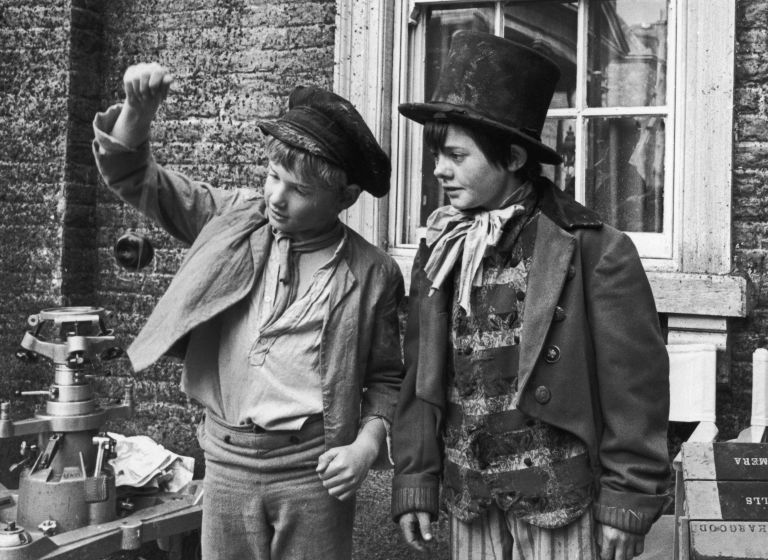
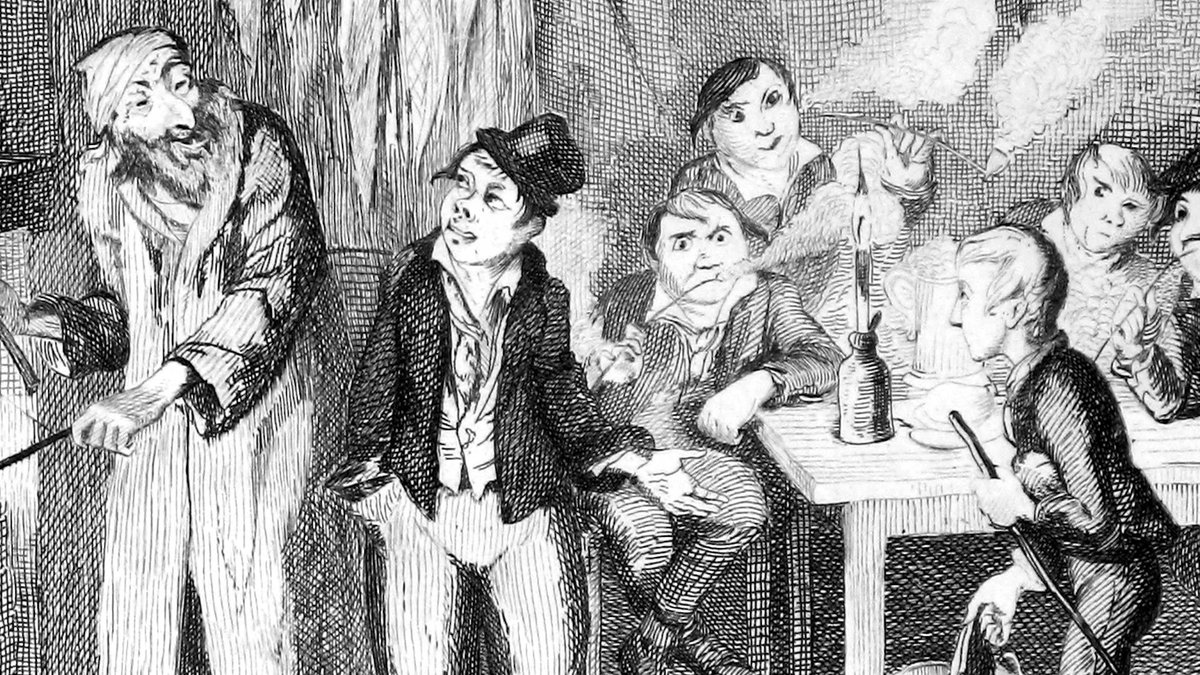

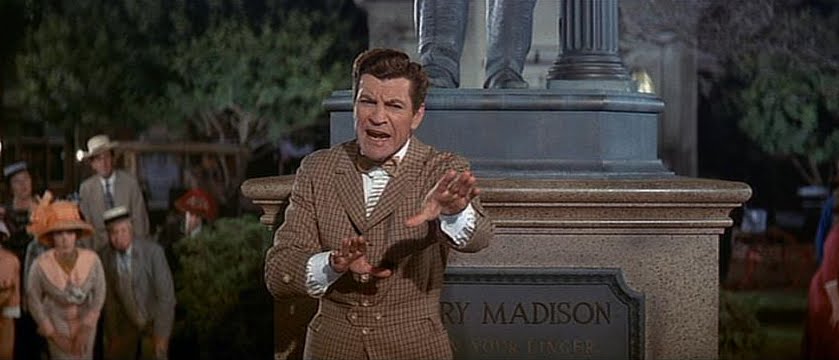
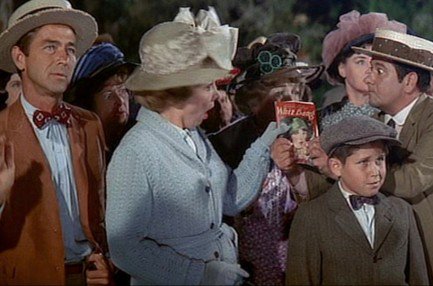
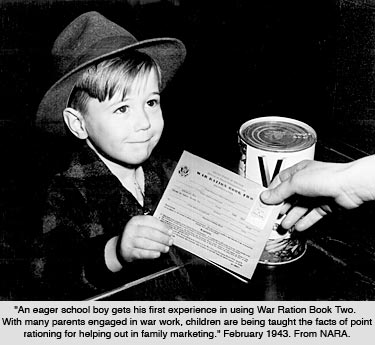
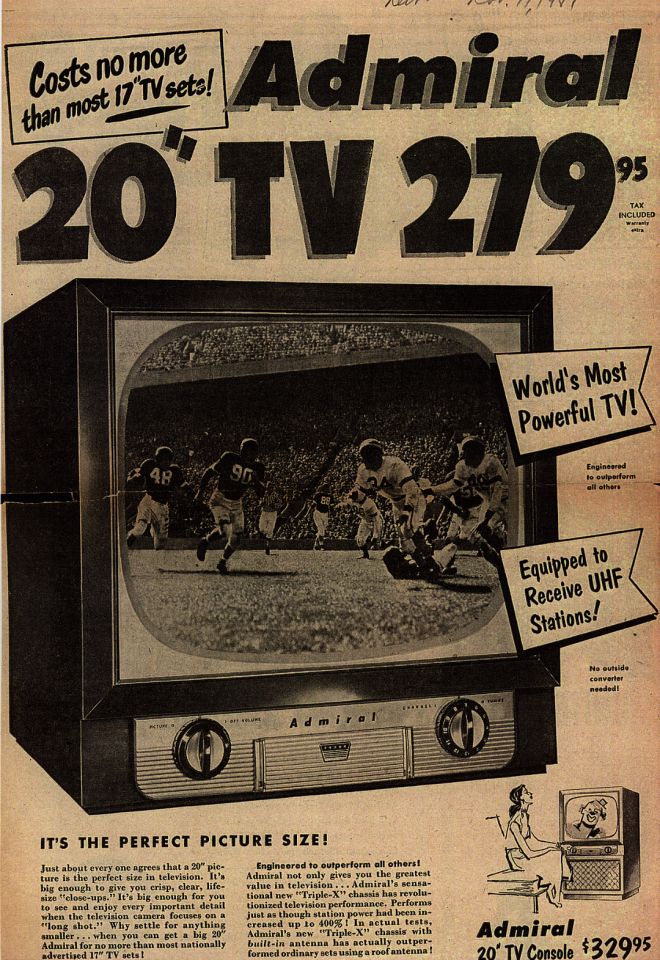
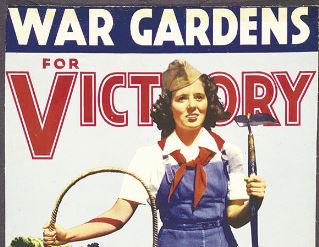

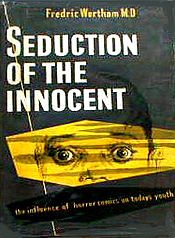

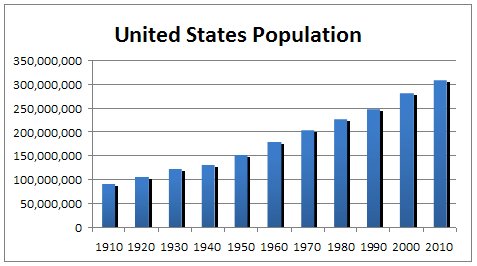
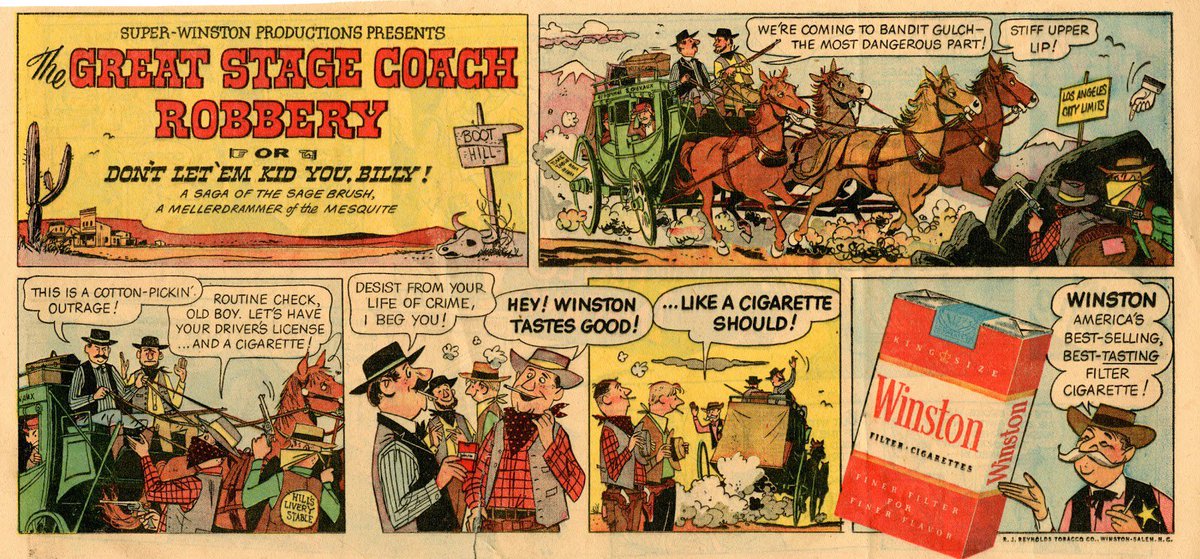

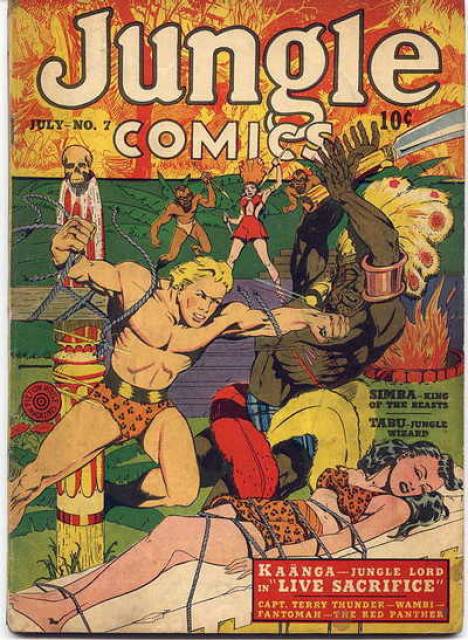
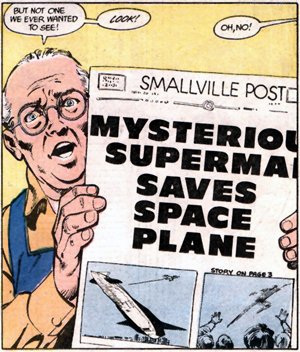
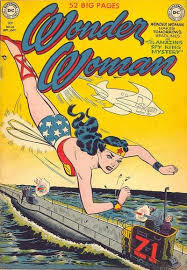
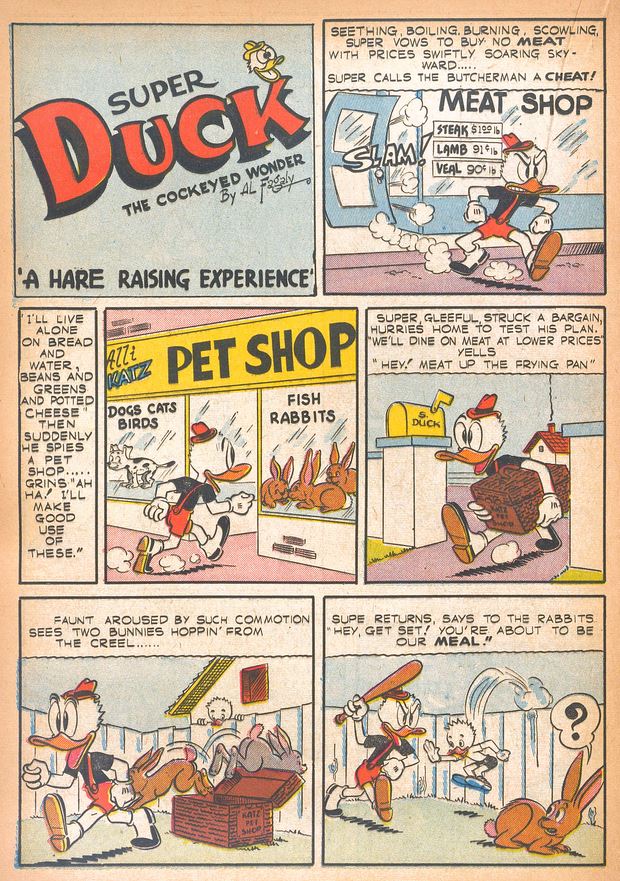

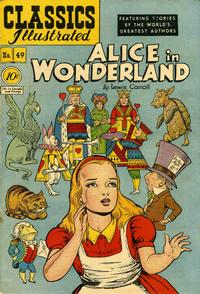

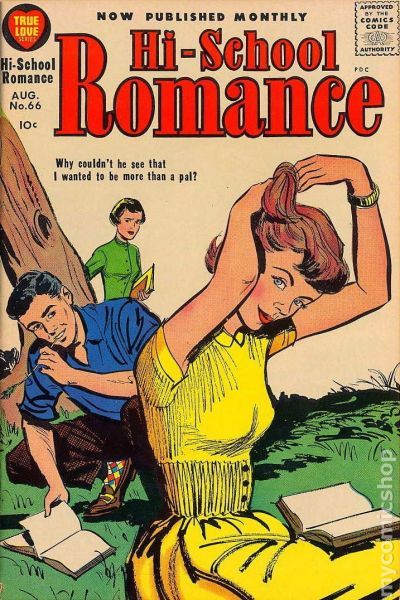
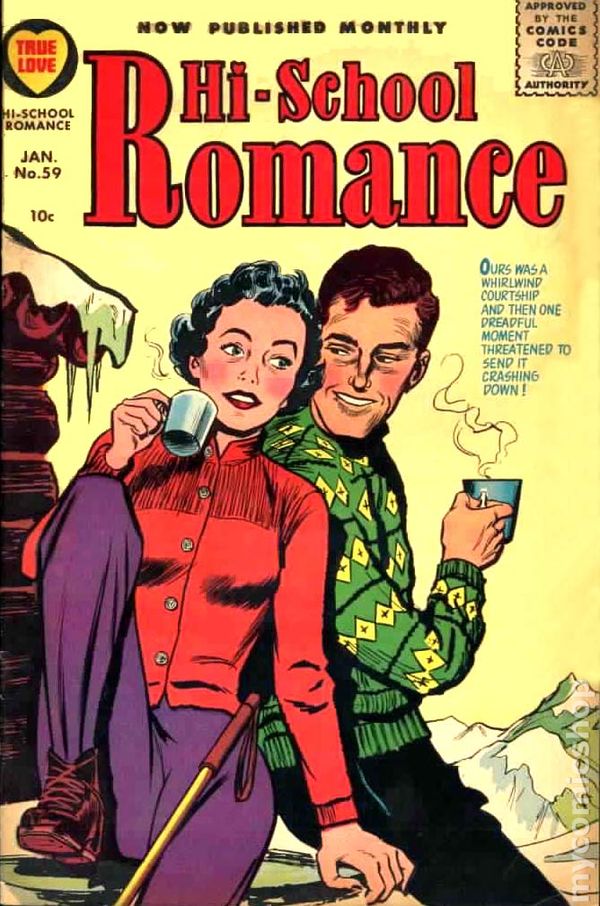

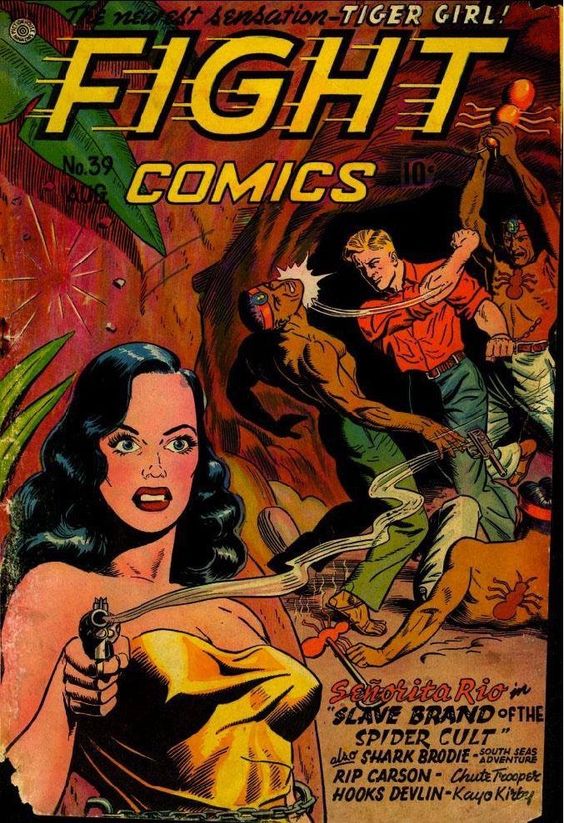



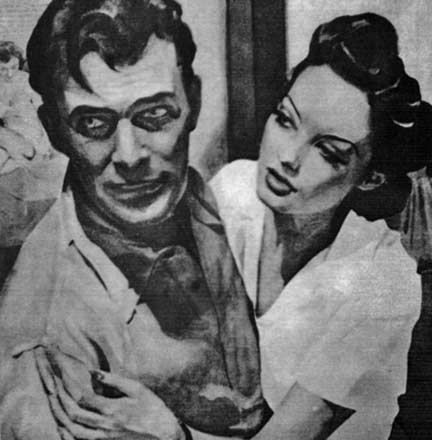
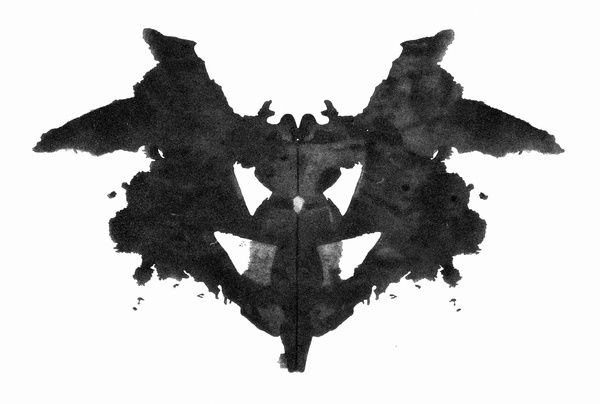
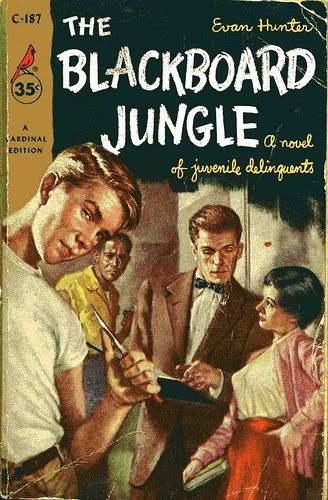
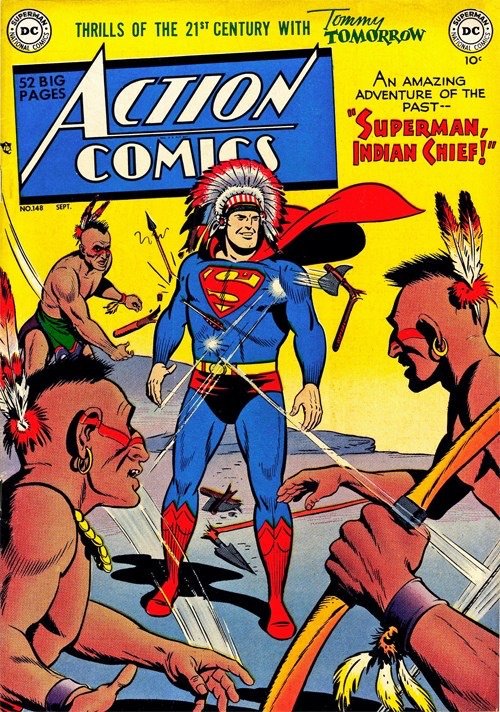

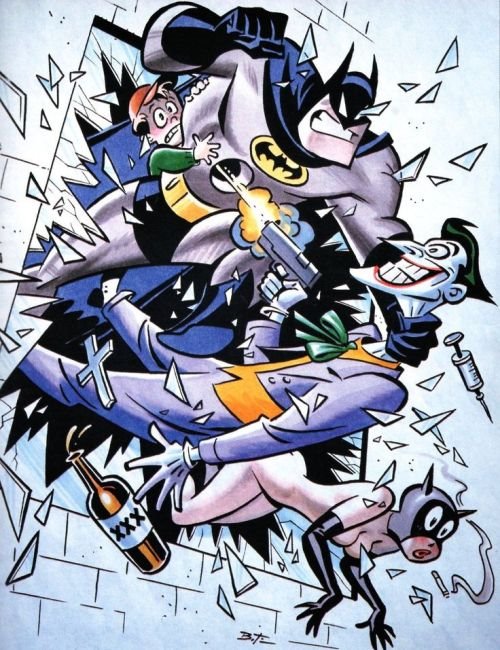

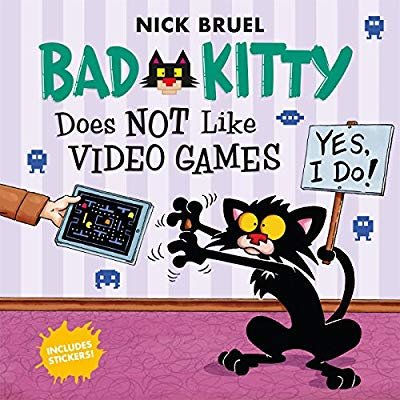
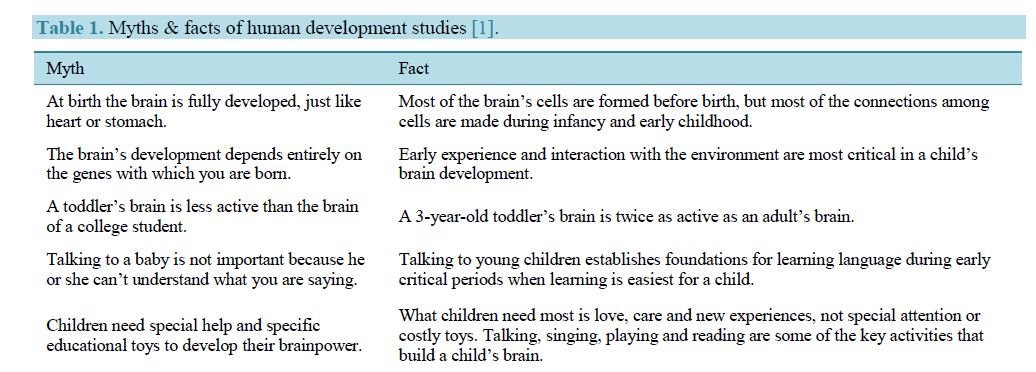
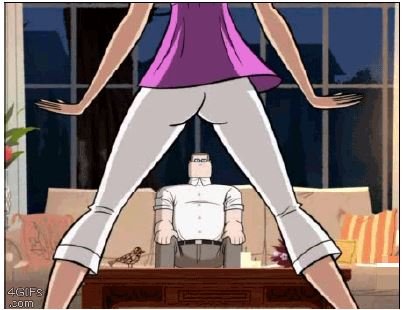
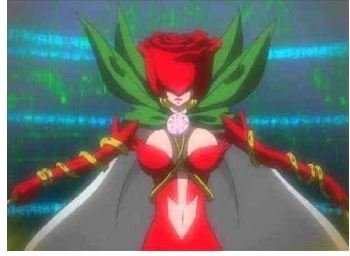
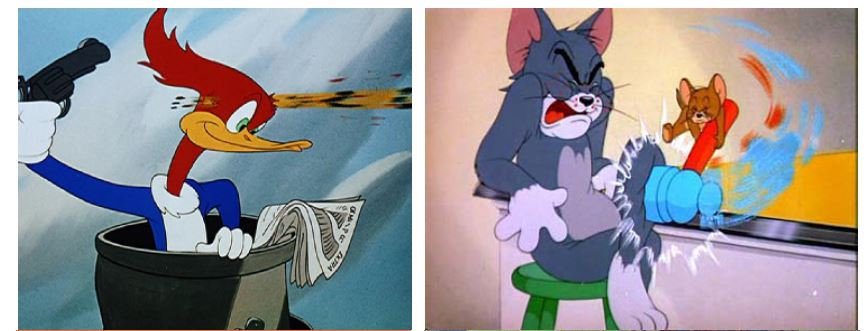



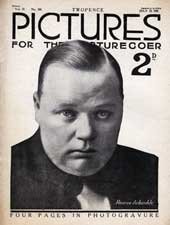





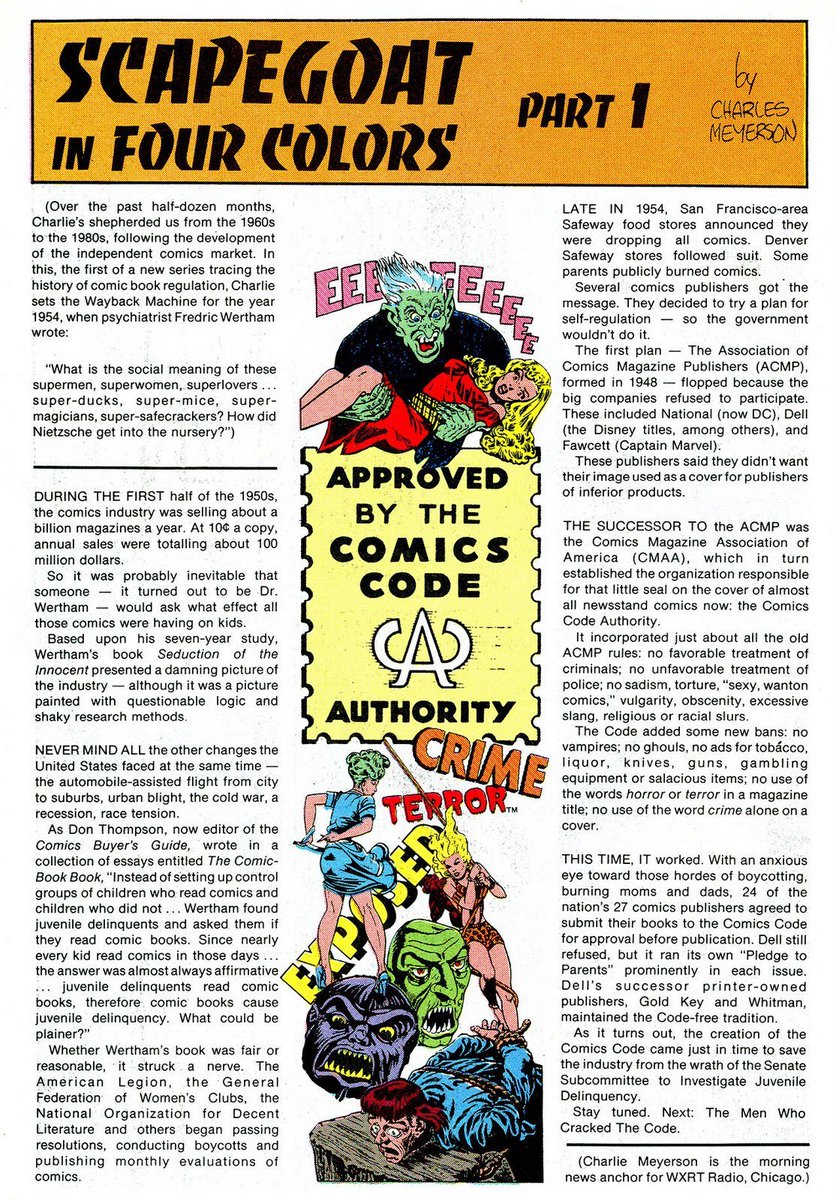
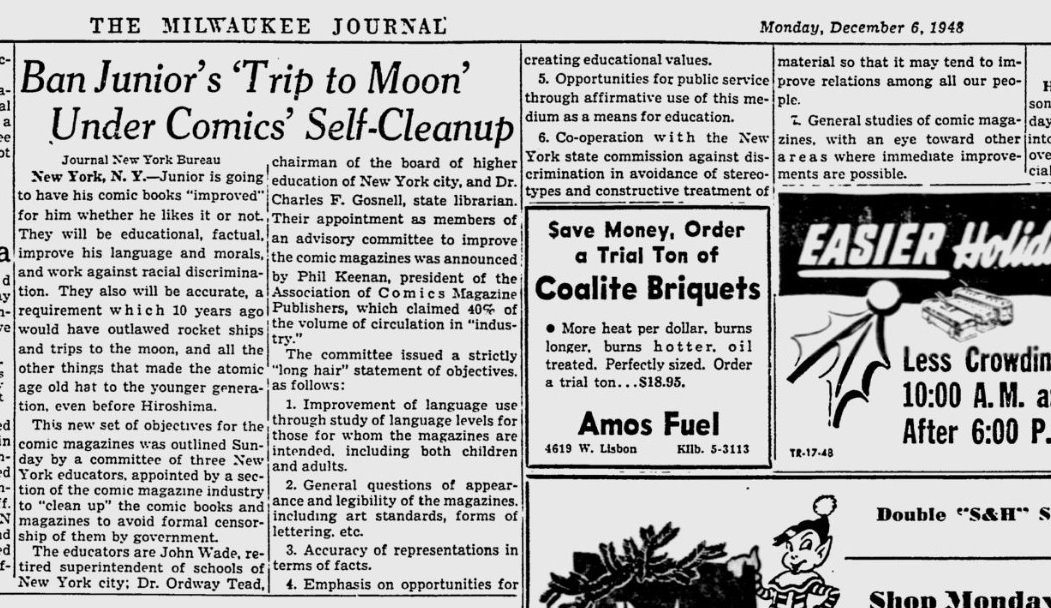
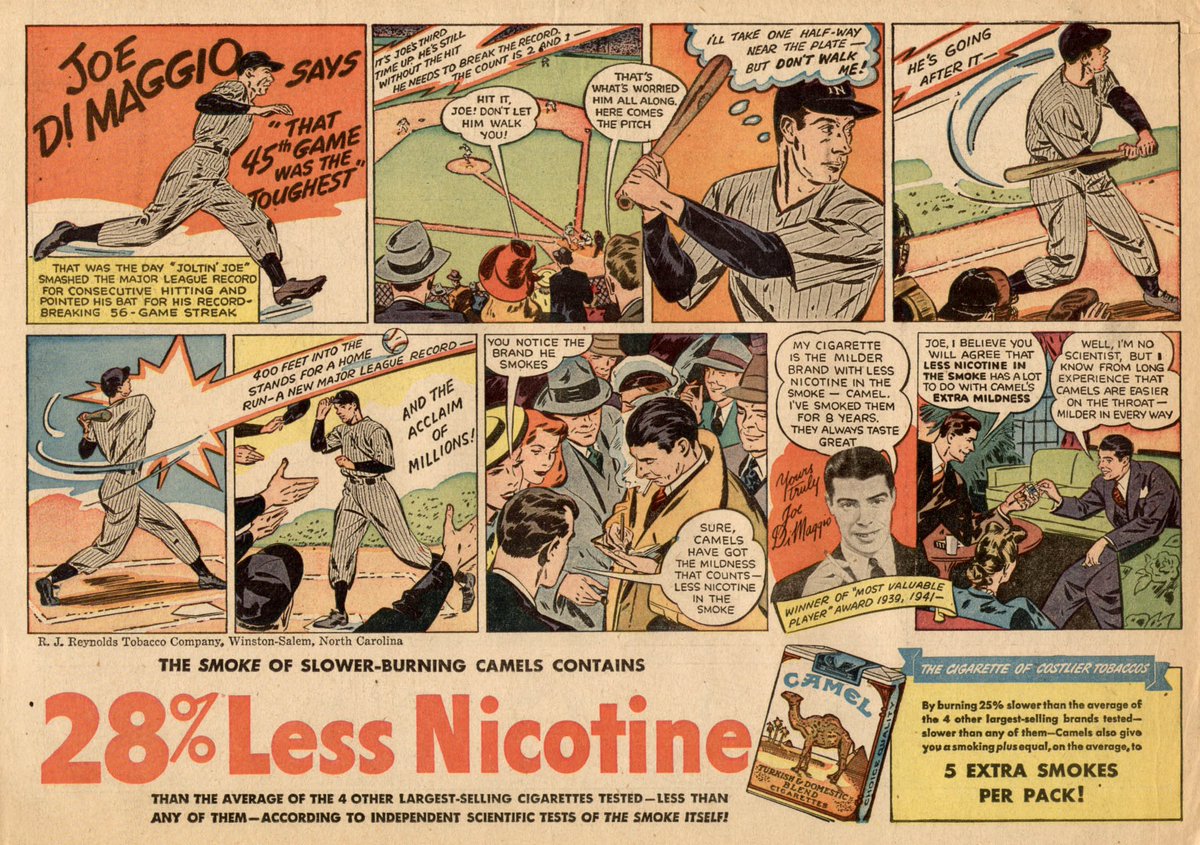

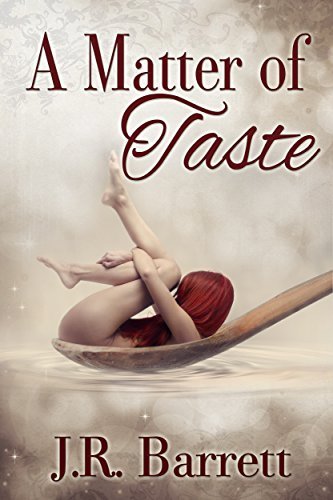


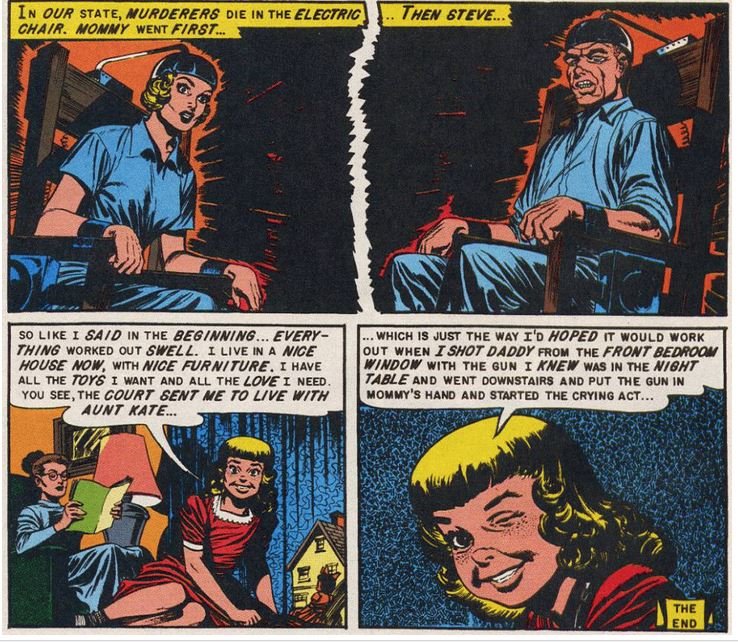
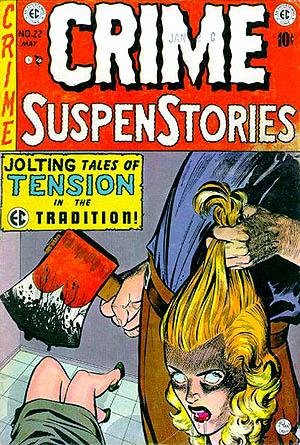
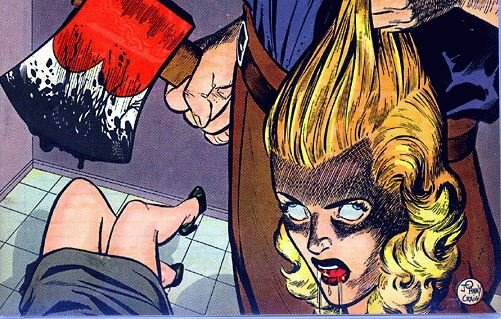



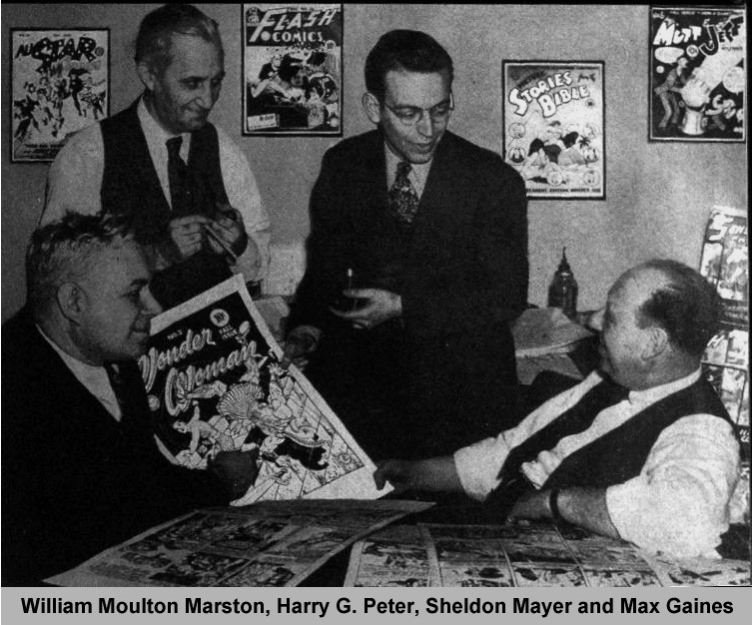


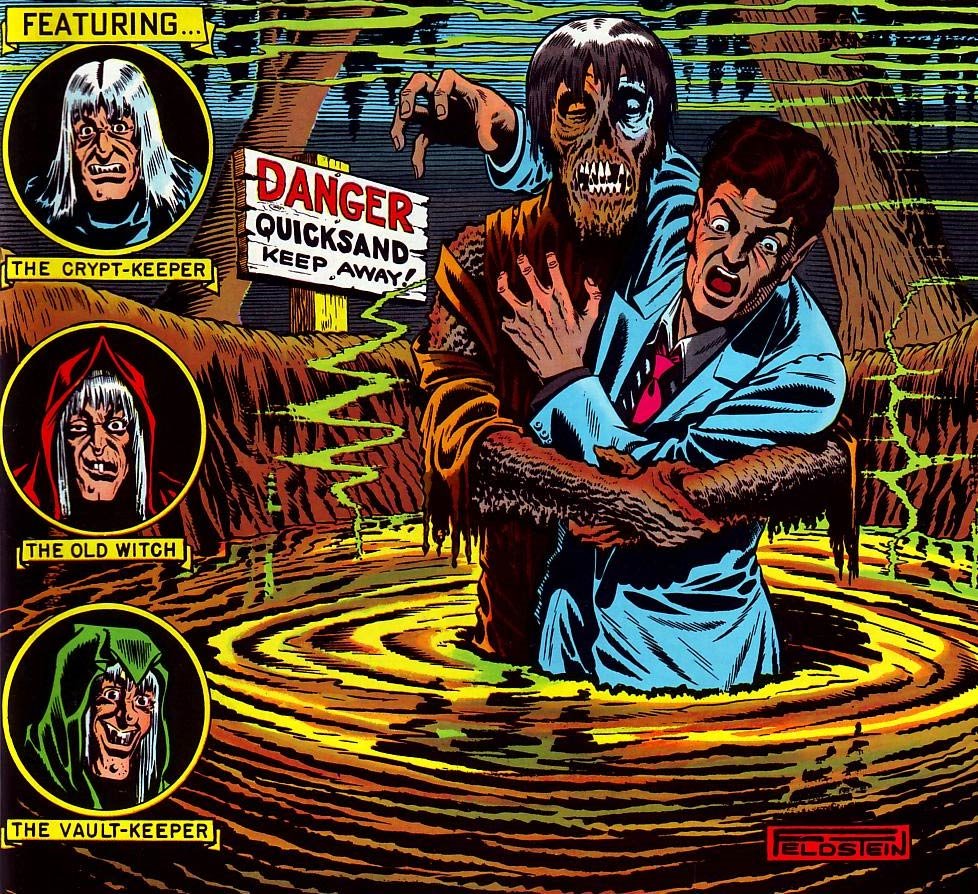
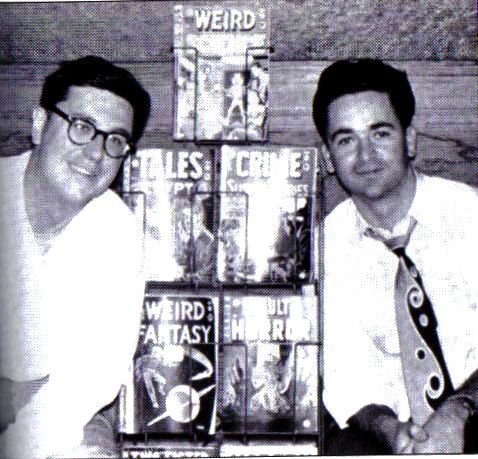


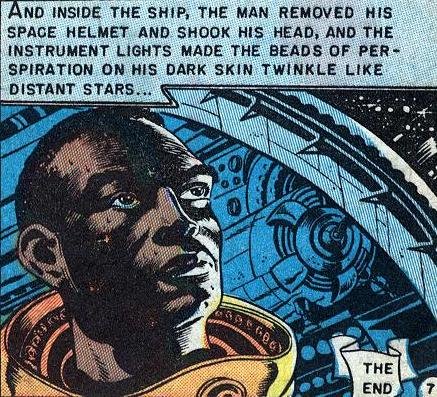

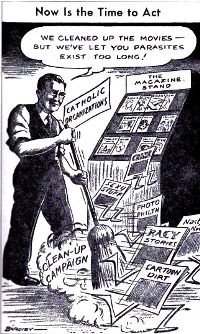

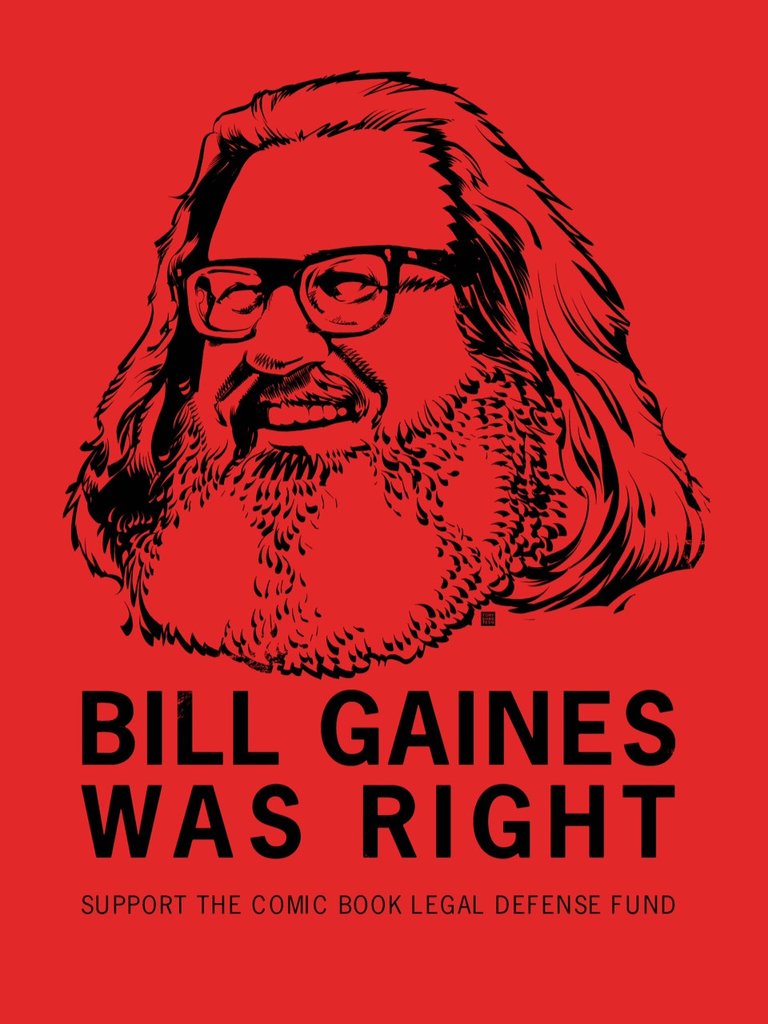
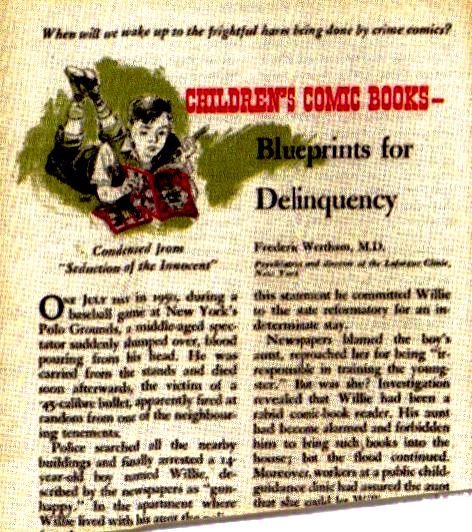
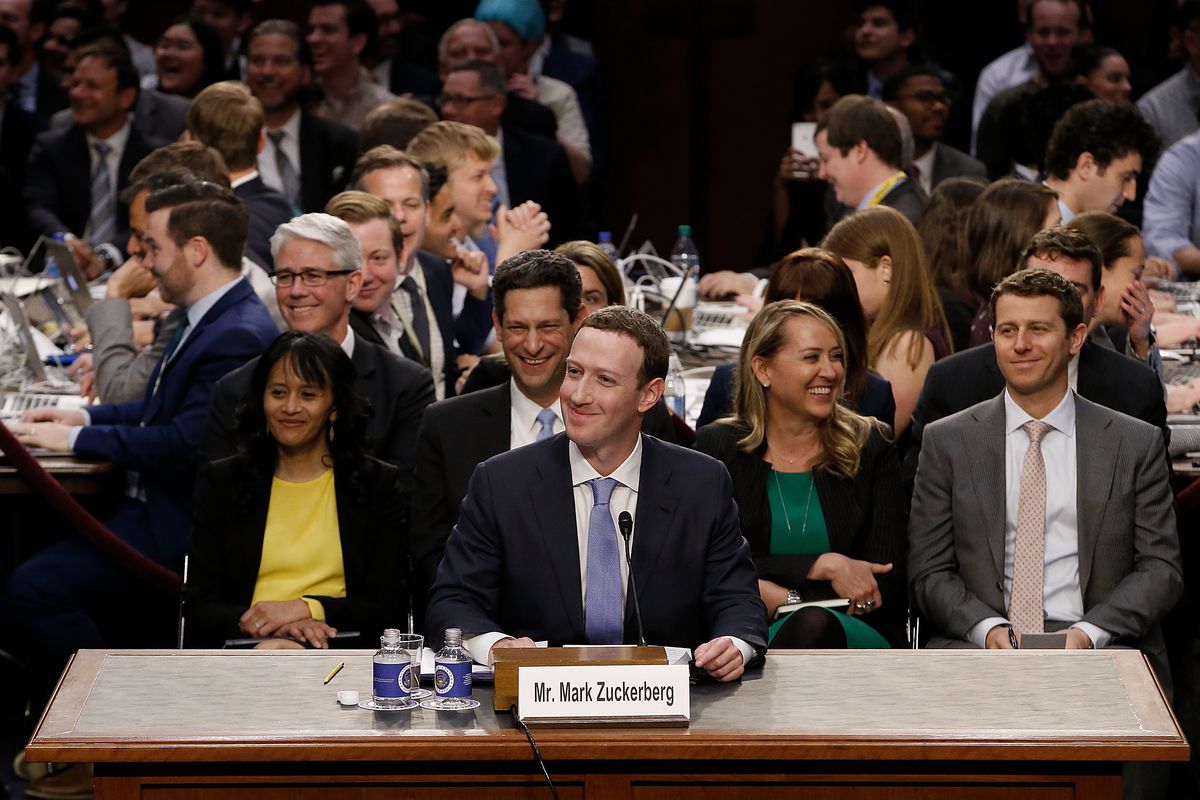





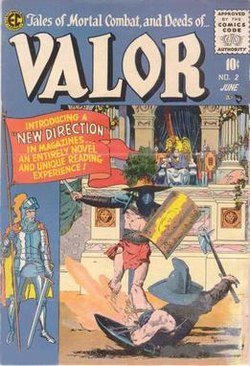
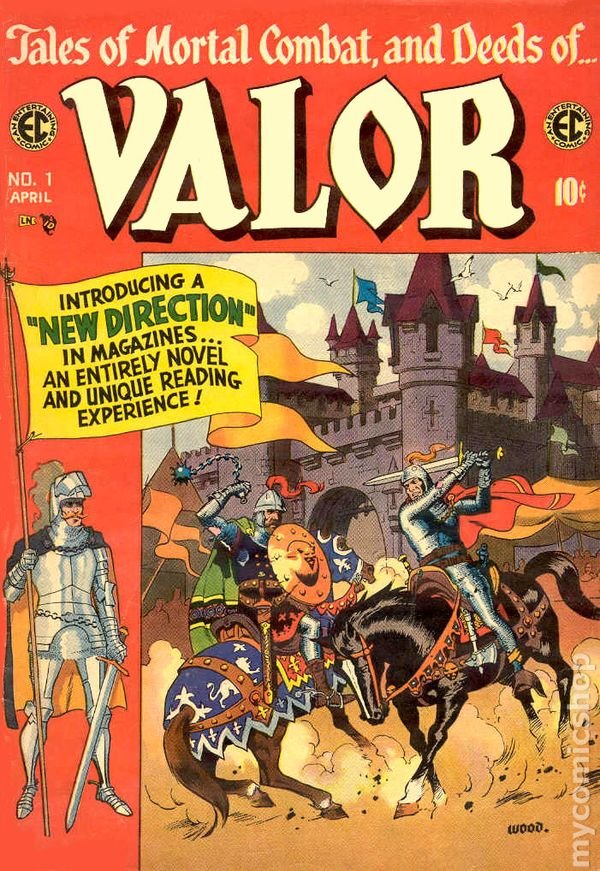

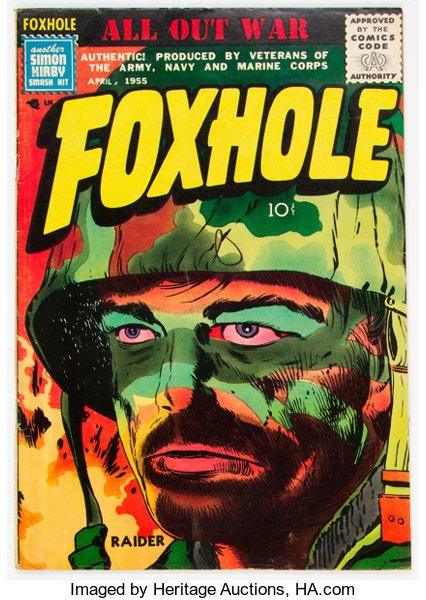





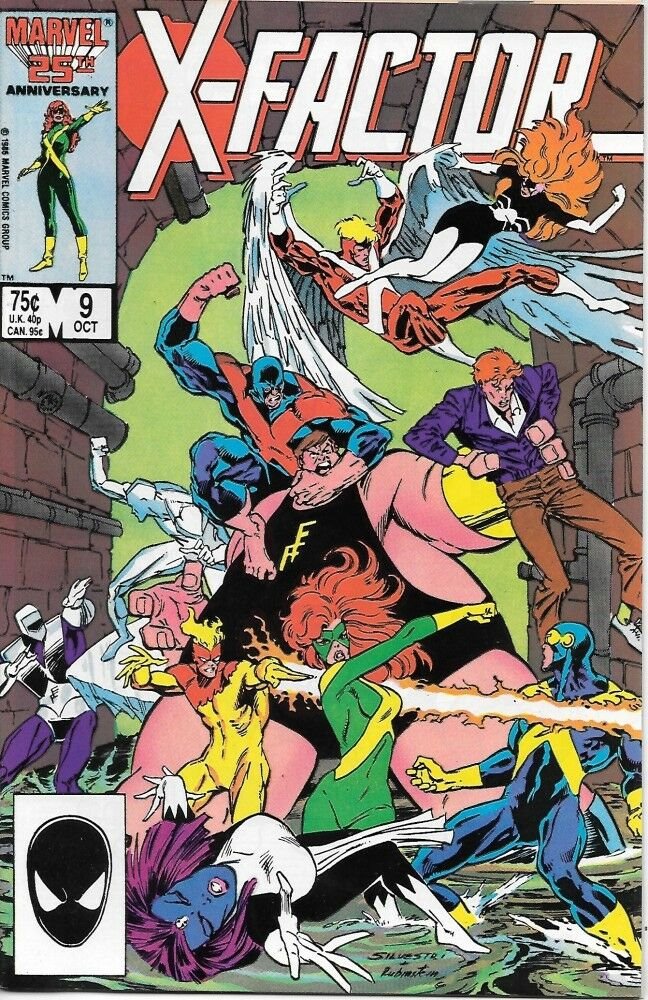


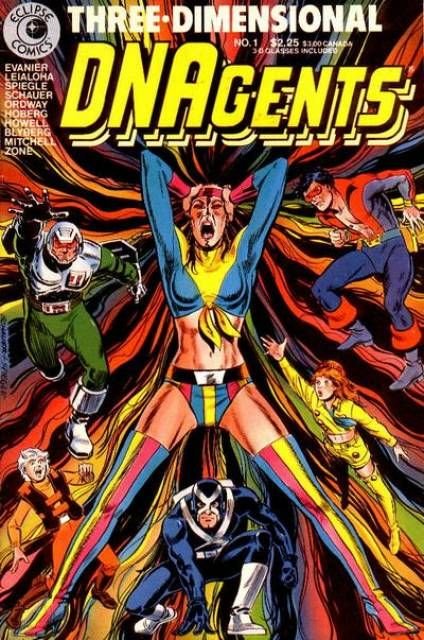
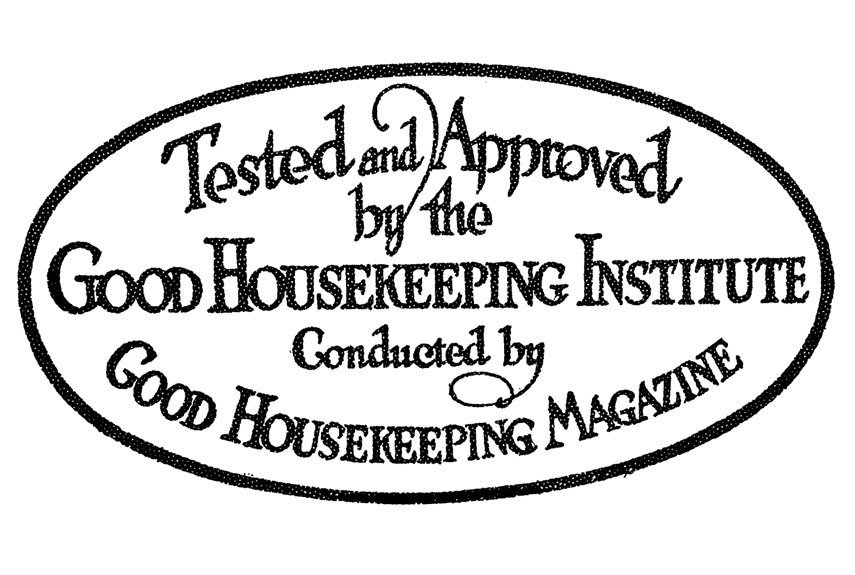



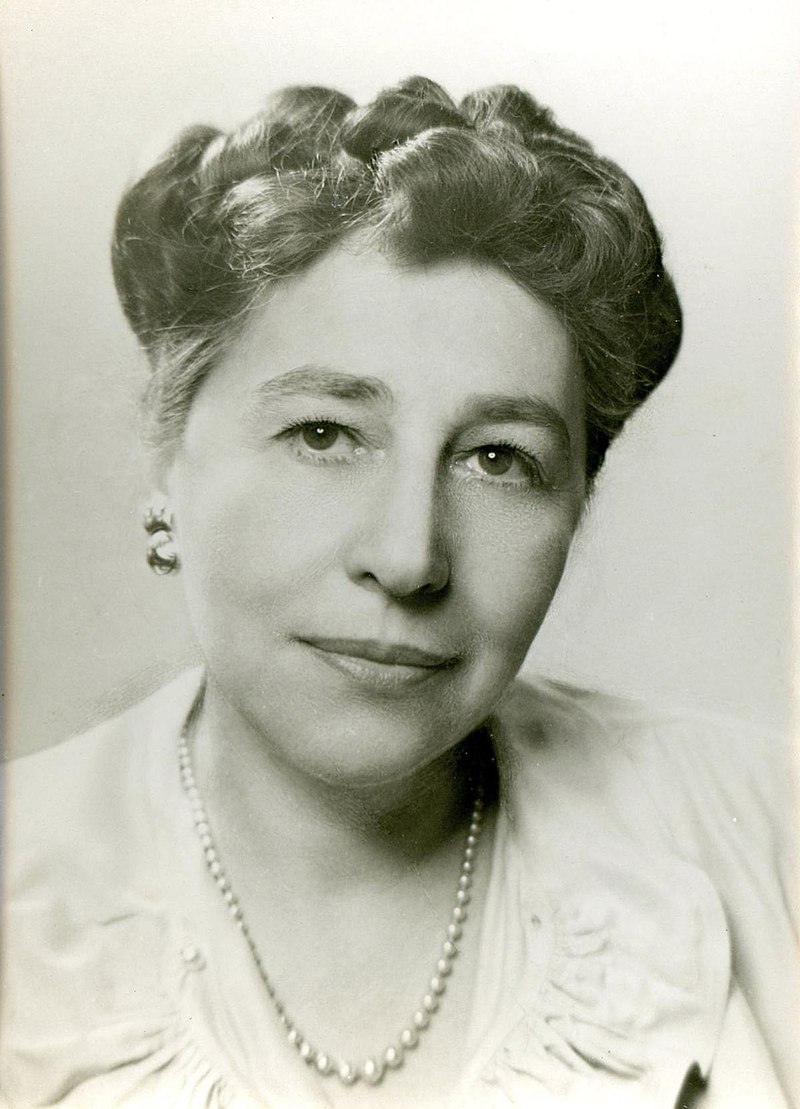
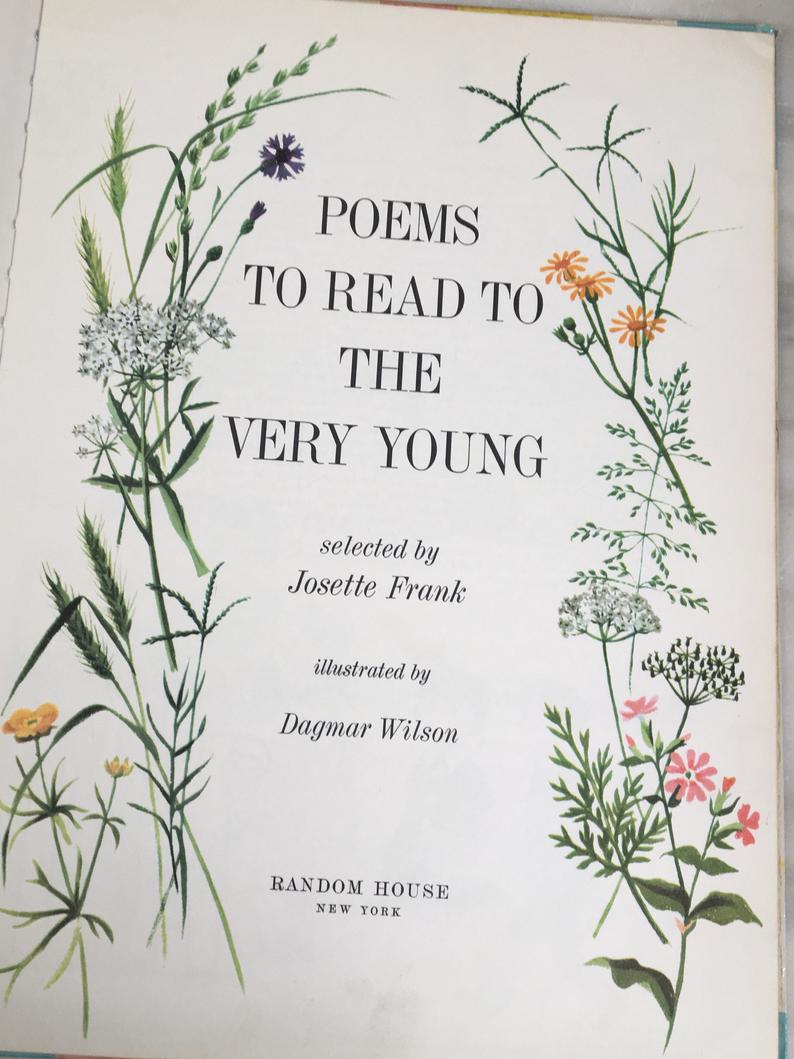
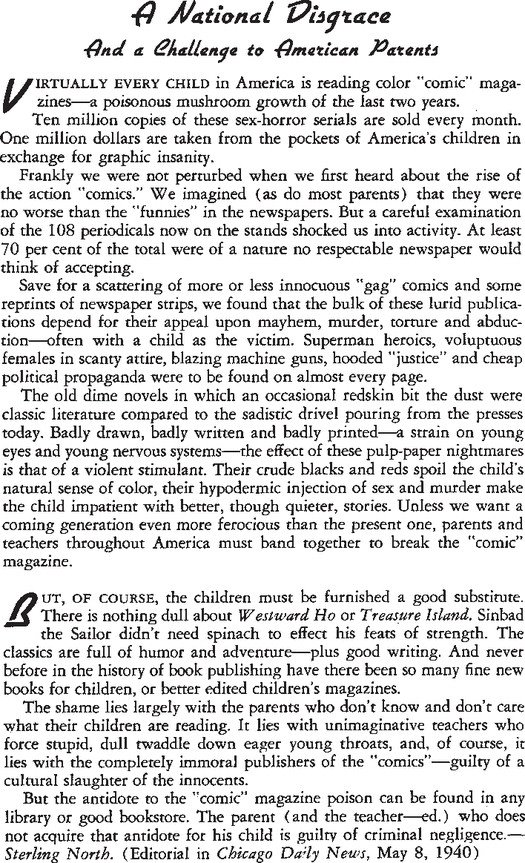
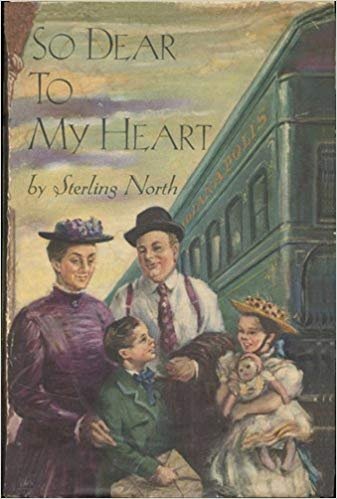
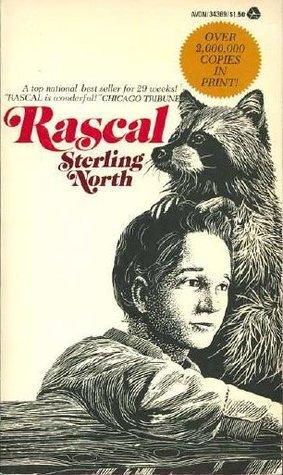

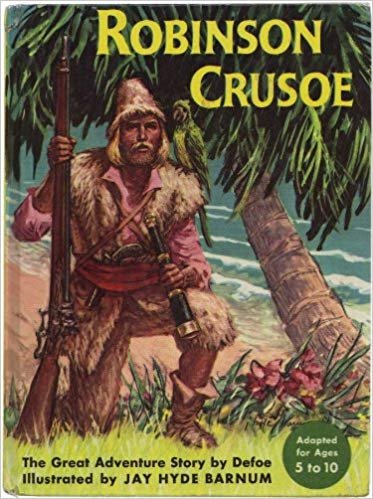
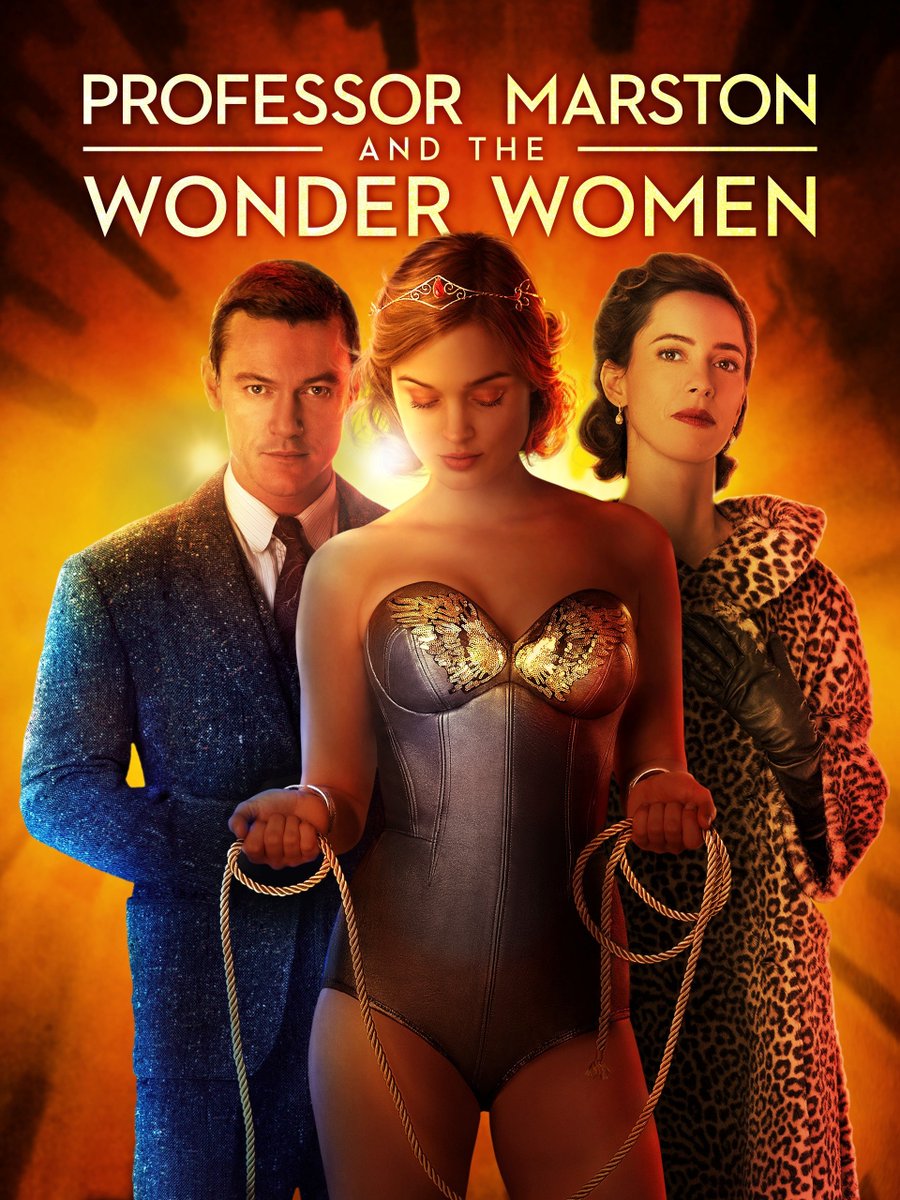
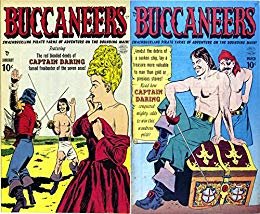
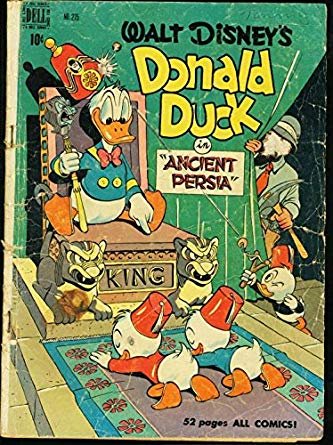
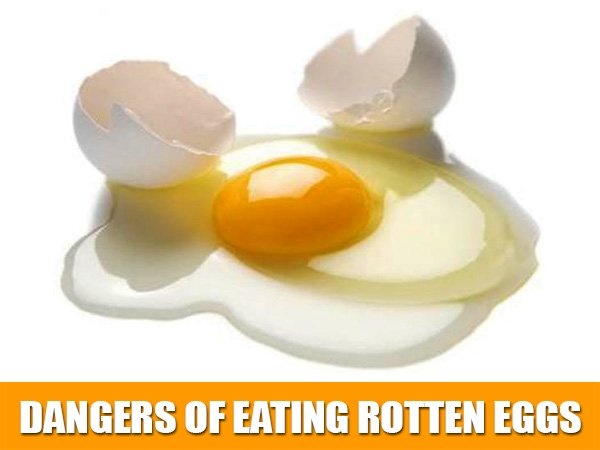
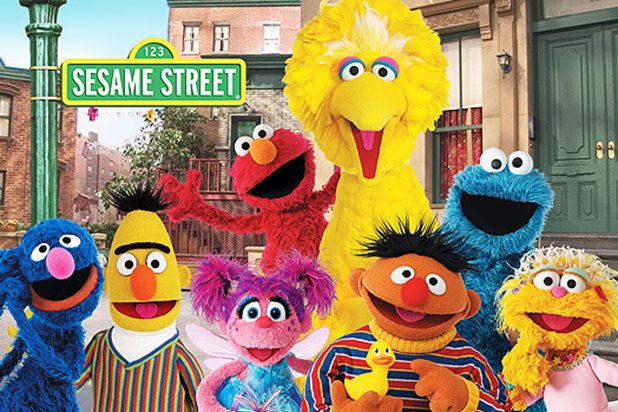




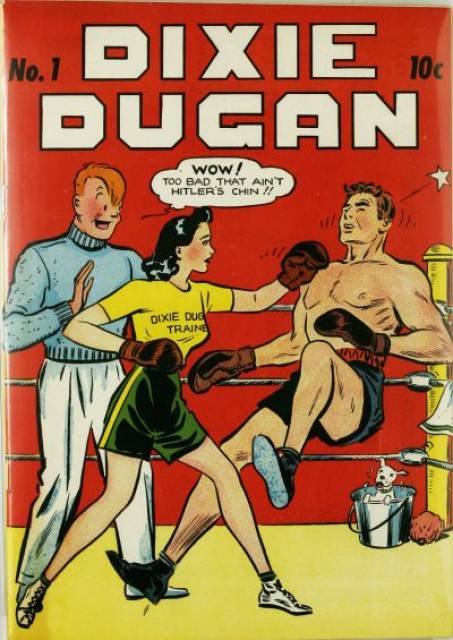
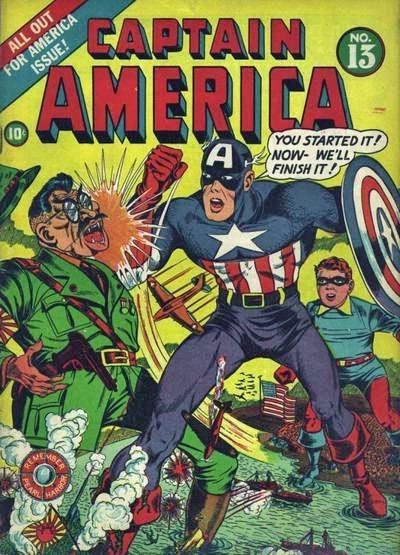

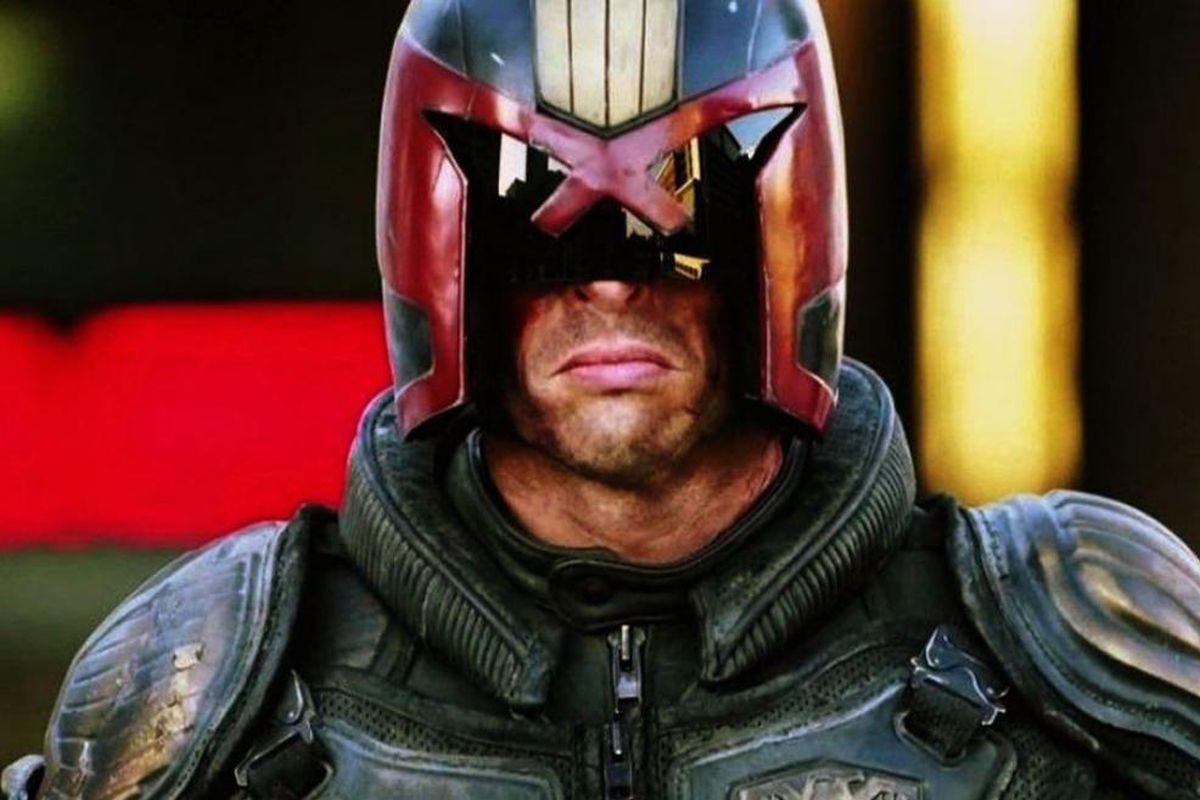



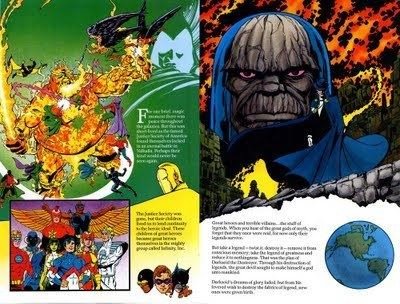
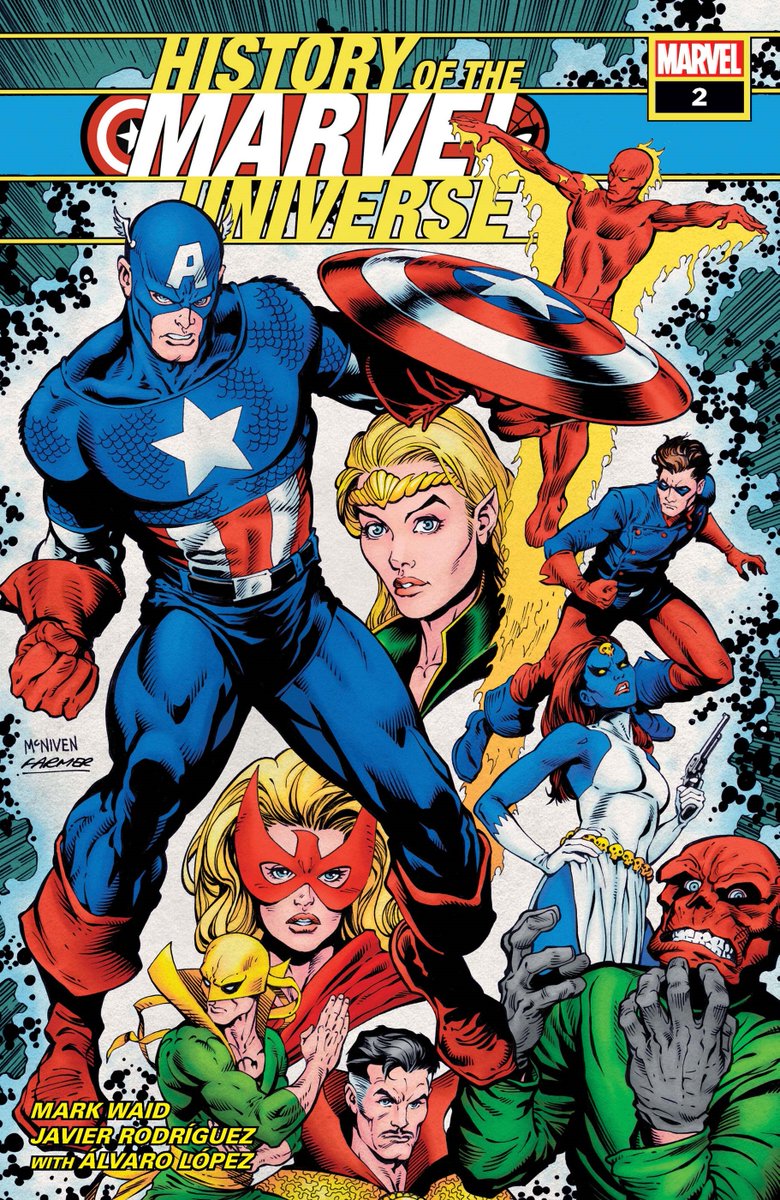


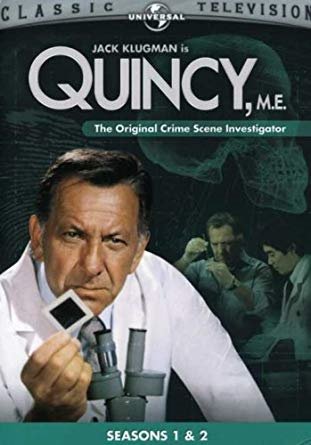


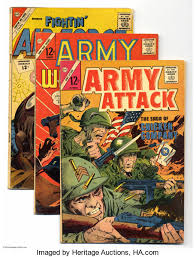

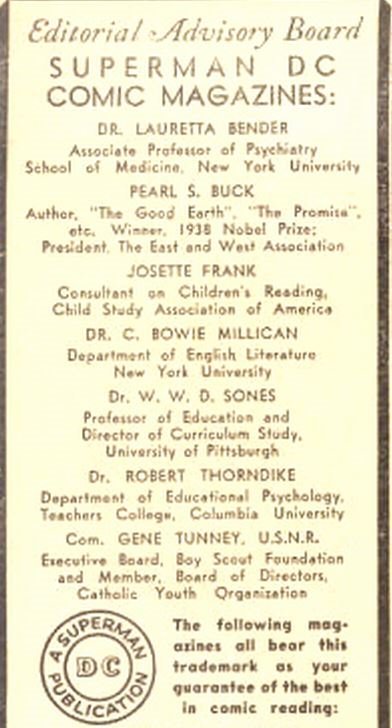
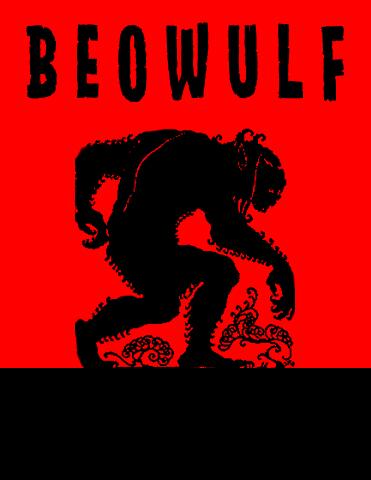
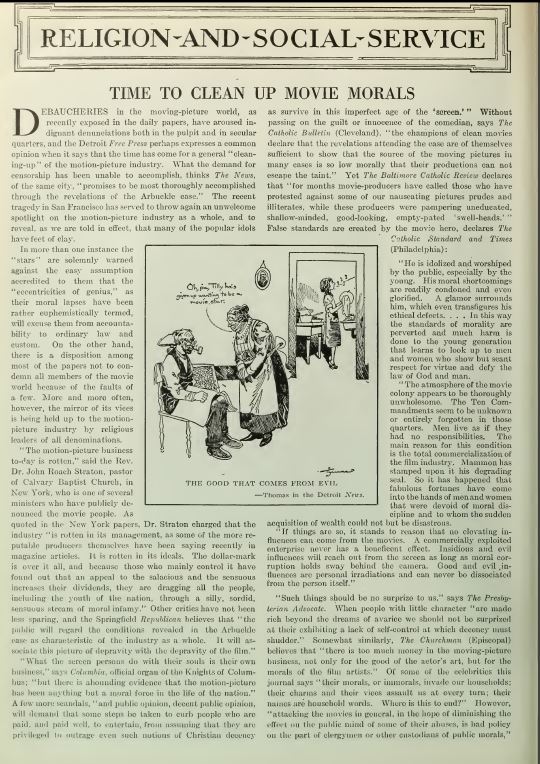
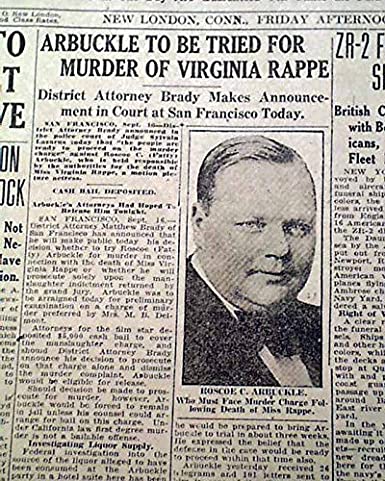
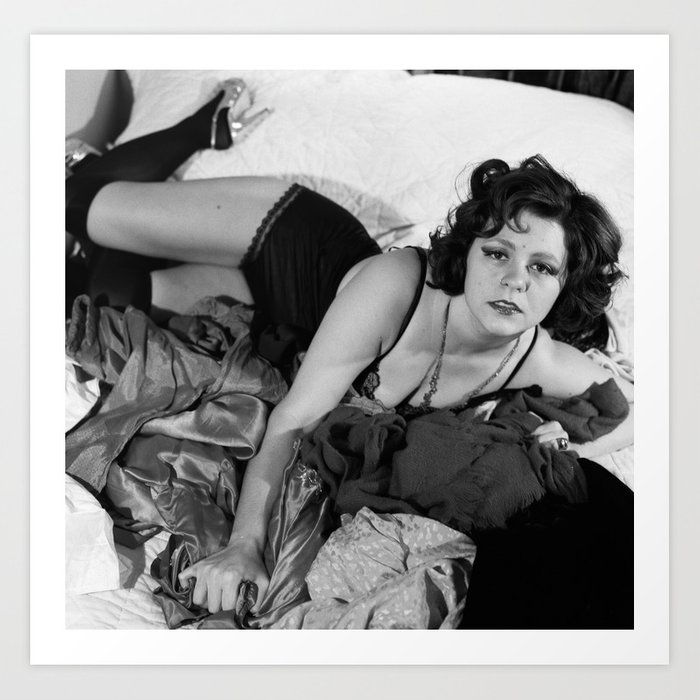
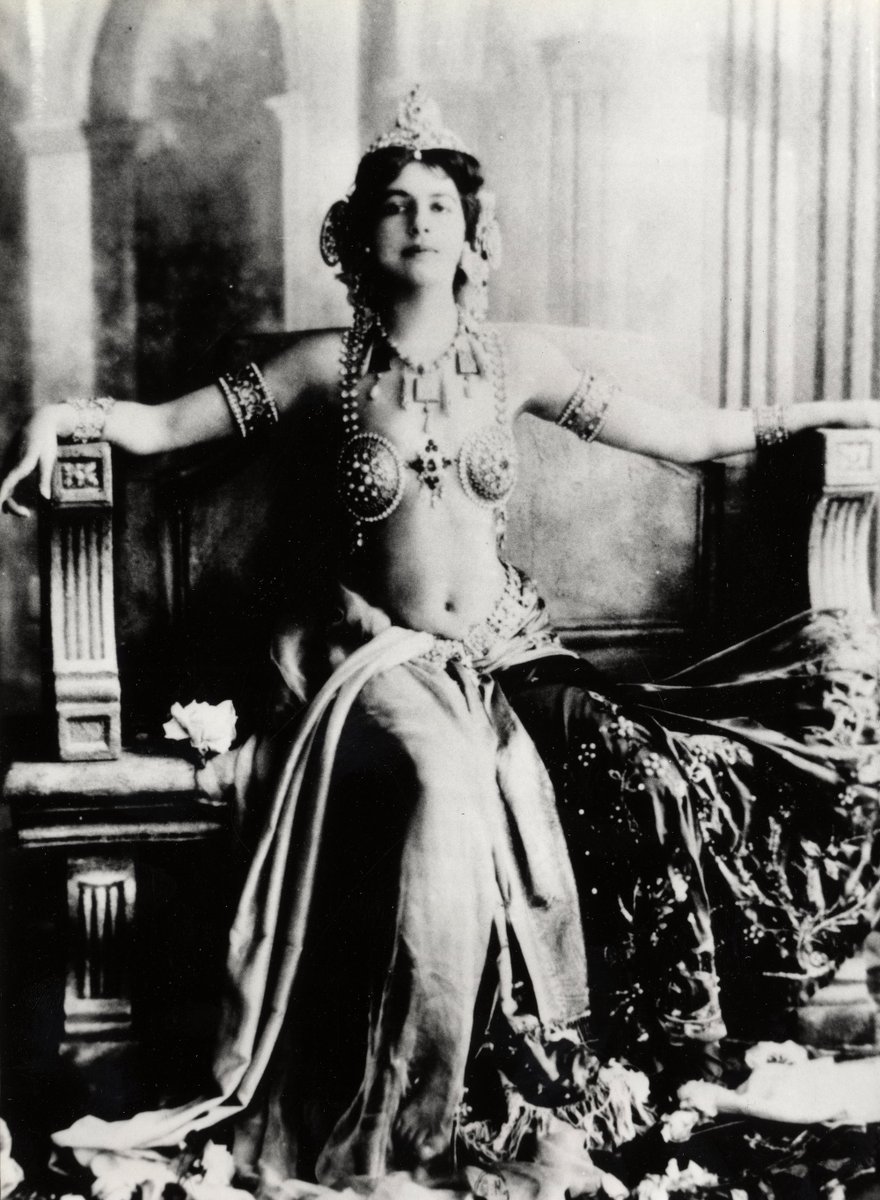
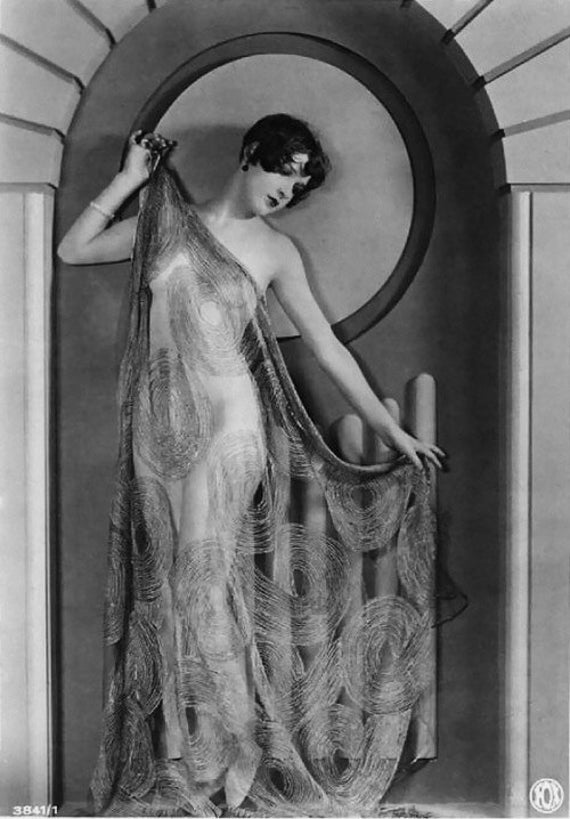

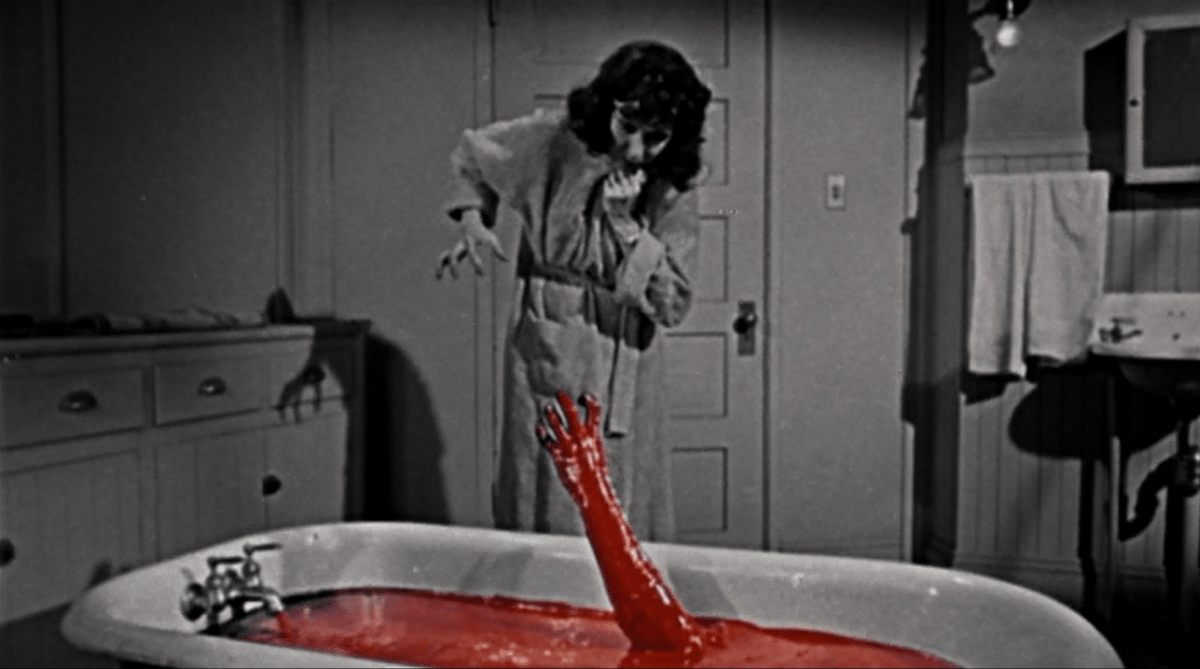
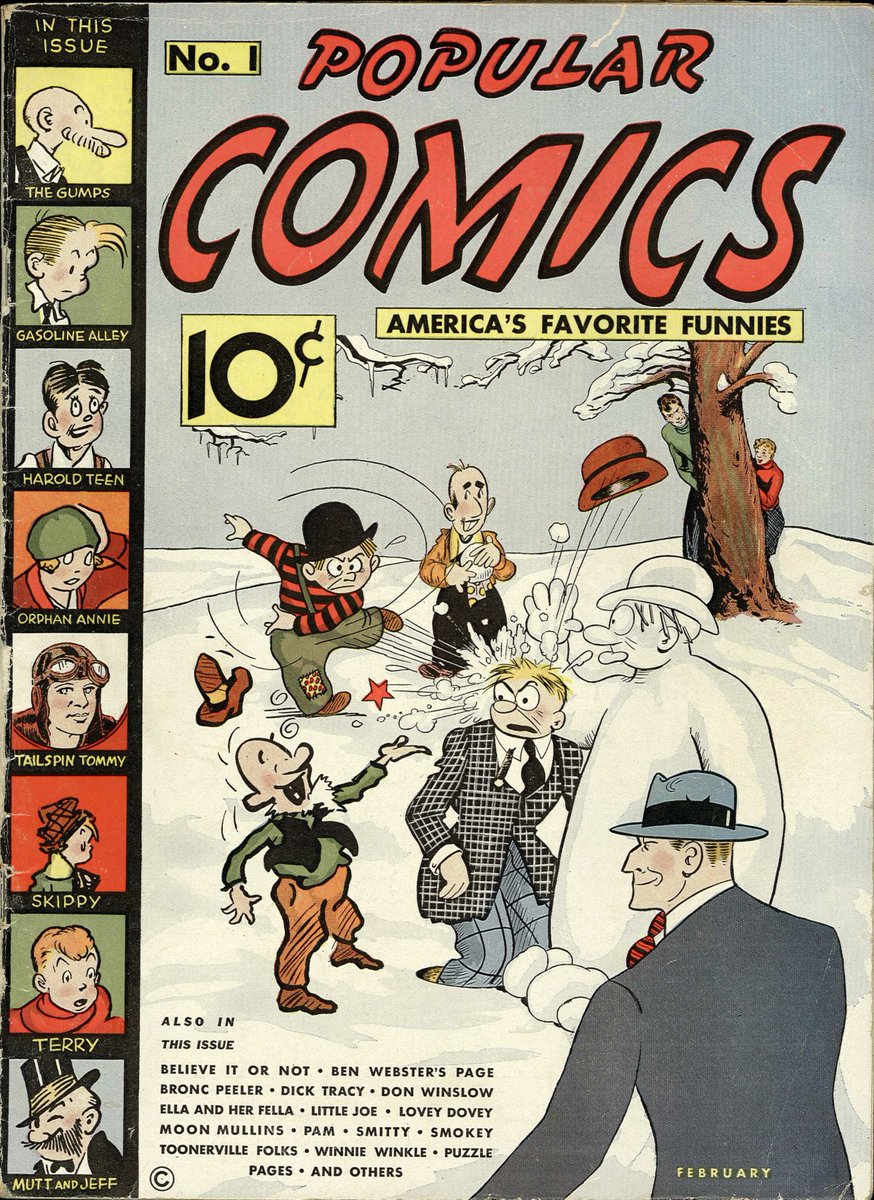
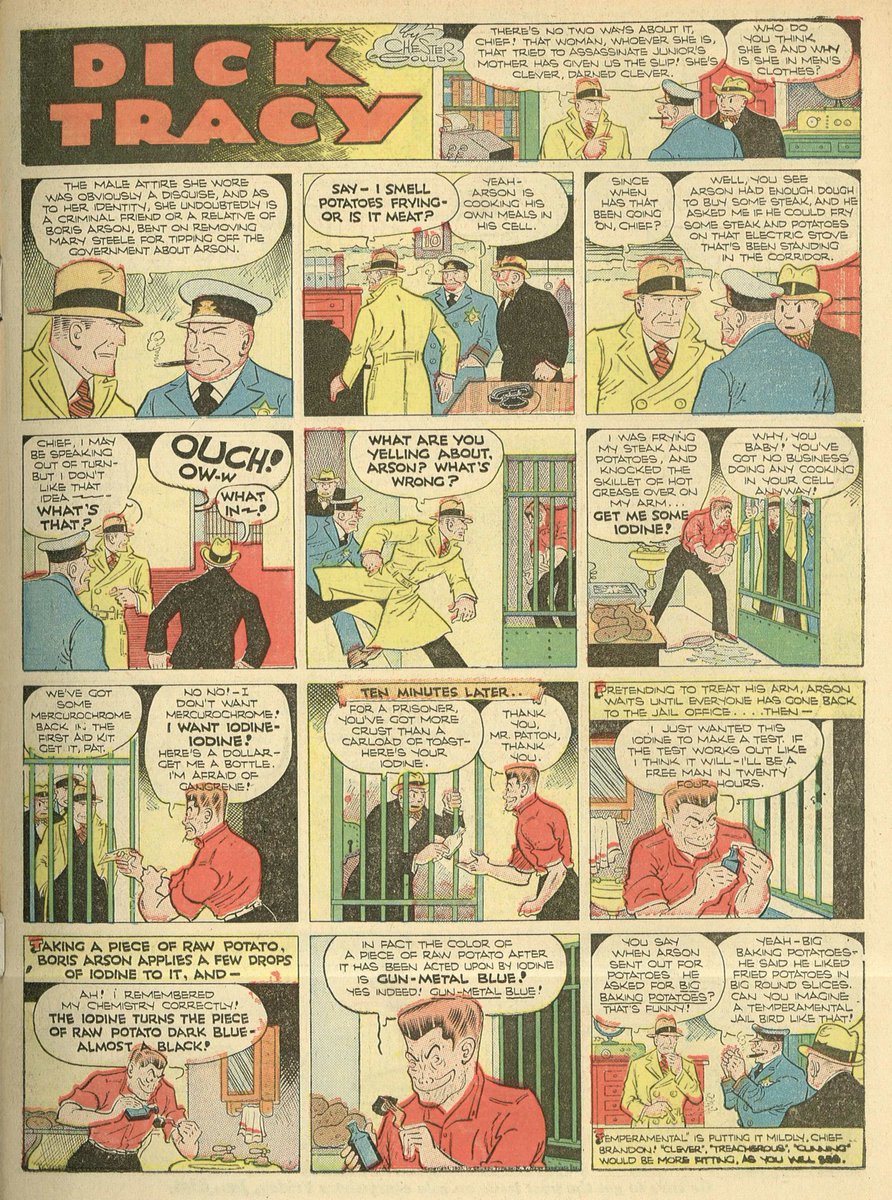
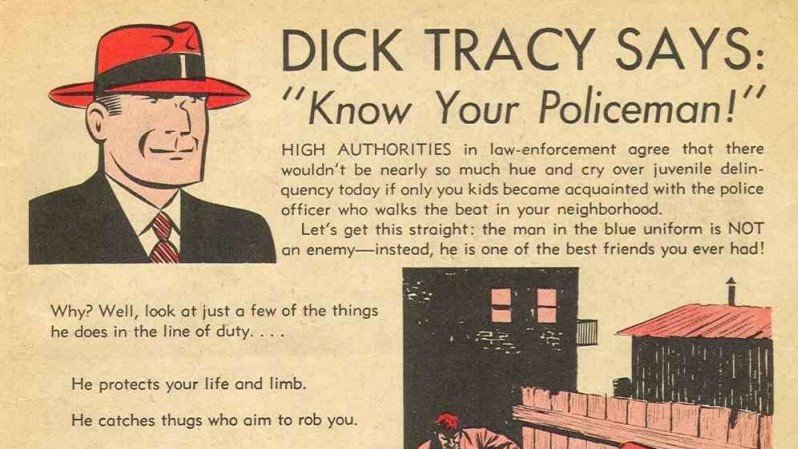
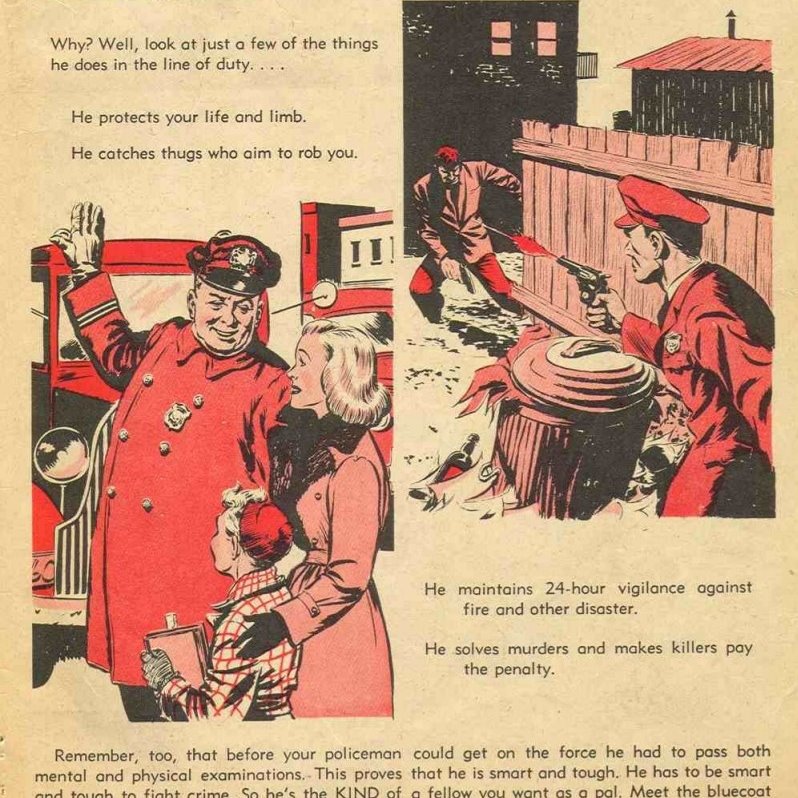



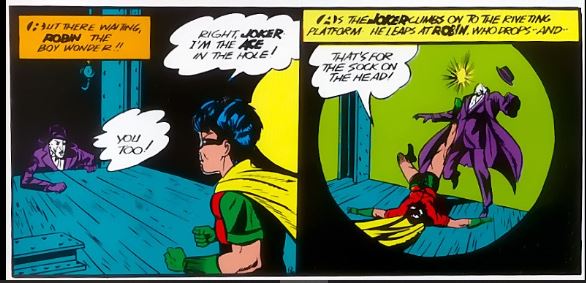
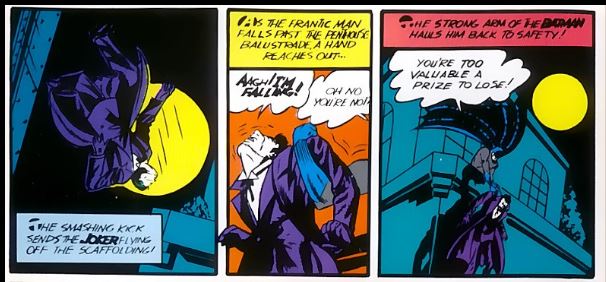
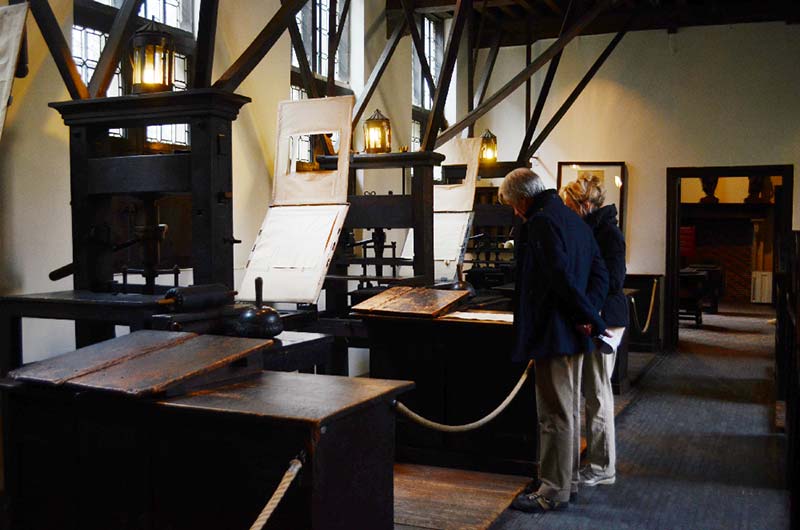

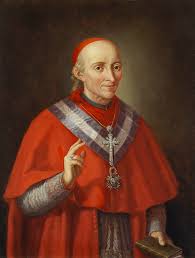 "Wrong thinking is punishable; right thinking will be as quickly rewarded. You will find it an effective combination." title="We& #39;ll come back to the Spanish Inquisition later (when you don& #39;t expect it), but as a geek, let me point out "The Keeper" in #StarTrek https://abs.twimg.com/hashflags... draggable="false" alt=""> "Wrong thinking is punishable; right thinking will be as quickly rewarded. You will find it an effective combination.">
"Wrong thinking is punishable; right thinking will be as quickly rewarded. You will find it an effective combination." title="We& #39;ll come back to the Spanish Inquisition later (when you don& #39;t expect it), but as a geek, let me point out "The Keeper" in #StarTrek https://abs.twimg.com/hashflags... draggable="false" alt=""> "Wrong thinking is punishable; right thinking will be as quickly rewarded. You will find it an effective combination.">
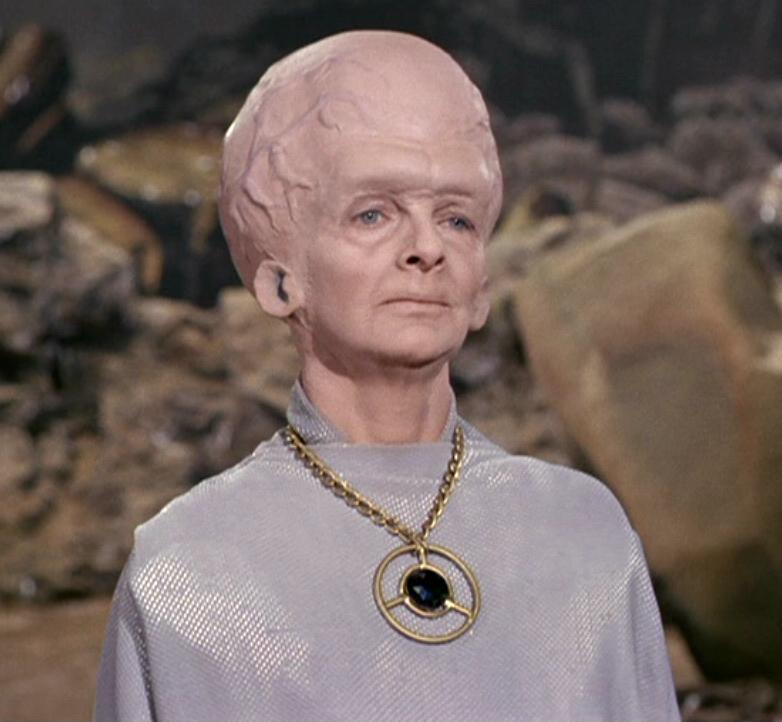 "Wrong thinking is punishable; right thinking will be as quickly rewarded. You will find it an effective combination." title="We& #39;ll come back to the Spanish Inquisition later (when you don& #39;t expect it), but as a geek, let me point out "The Keeper" in #StarTrek https://abs.twimg.com/hashflags... draggable="false" alt=""> "Wrong thinking is punishable; right thinking will be as quickly rewarded. You will find it an effective combination.">
"Wrong thinking is punishable; right thinking will be as quickly rewarded. You will find it an effective combination." title="We& #39;ll come back to the Spanish Inquisition later (when you don& #39;t expect it), but as a geek, let me point out "The Keeper" in #StarTrek https://abs.twimg.com/hashflags... draggable="false" alt=""> "Wrong thinking is punishable; right thinking will be as quickly rewarded. You will find it an effective combination.">
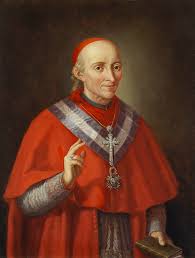 was trying to pull from The Spanish Inquisition, but its there. From the Spanish Inquisition, to the Final Frontier, people (for various reason) wish to seek out heresy, or not politically correct, or & #39;wrong thinking& #39; and punish it." title="I& #39;m doubtful if The Cage from #StarTrek https://abs.twimg.com/hashflags... draggable="false" alt=""> was trying to pull from The Spanish Inquisition, but its there. From the Spanish Inquisition, to the Final Frontier, people (for various reason) wish to seek out heresy, or not politically correct, or & #39;wrong thinking& #39; and punish it.">
was trying to pull from The Spanish Inquisition, but its there. From the Spanish Inquisition, to the Final Frontier, people (for various reason) wish to seek out heresy, or not politically correct, or & #39;wrong thinking& #39; and punish it." title="I& #39;m doubtful if The Cage from #StarTrek https://abs.twimg.com/hashflags... draggable="false" alt=""> was trying to pull from The Spanish Inquisition, but its there. From the Spanish Inquisition, to the Final Frontier, people (for various reason) wish to seek out heresy, or not politically correct, or & #39;wrong thinking& #39; and punish it.">
 was trying to pull from The Spanish Inquisition, but its there. From the Spanish Inquisition, to the Final Frontier, people (for various reason) wish to seek out heresy, or not politically correct, or & #39;wrong thinking& #39; and punish it." title="I& #39;m doubtful if The Cage from #StarTrek https://abs.twimg.com/hashflags... draggable="false" alt=""> was trying to pull from The Spanish Inquisition, but its there. From the Spanish Inquisition, to the Final Frontier, people (for various reason) wish to seek out heresy, or not politically correct, or & #39;wrong thinking& #39; and punish it.">
was trying to pull from The Spanish Inquisition, but its there. From the Spanish Inquisition, to the Final Frontier, people (for various reason) wish to seek out heresy, or not politically correct, or & #39;wrong thinking& #39; and punish it." title="I& #39;m doubtful if The Cage from #StarTrek https://abs.twimg.com/hashflags... draggable="false" alt=""> was trying to pull from The Spanish Inquisition, but its there. From the Spanish Inquisition, to the Final Frontier, people (for various reason) wish to seek out heresy, or not politically correct, or & #39;wrong thinking& #39; and punish it.">


